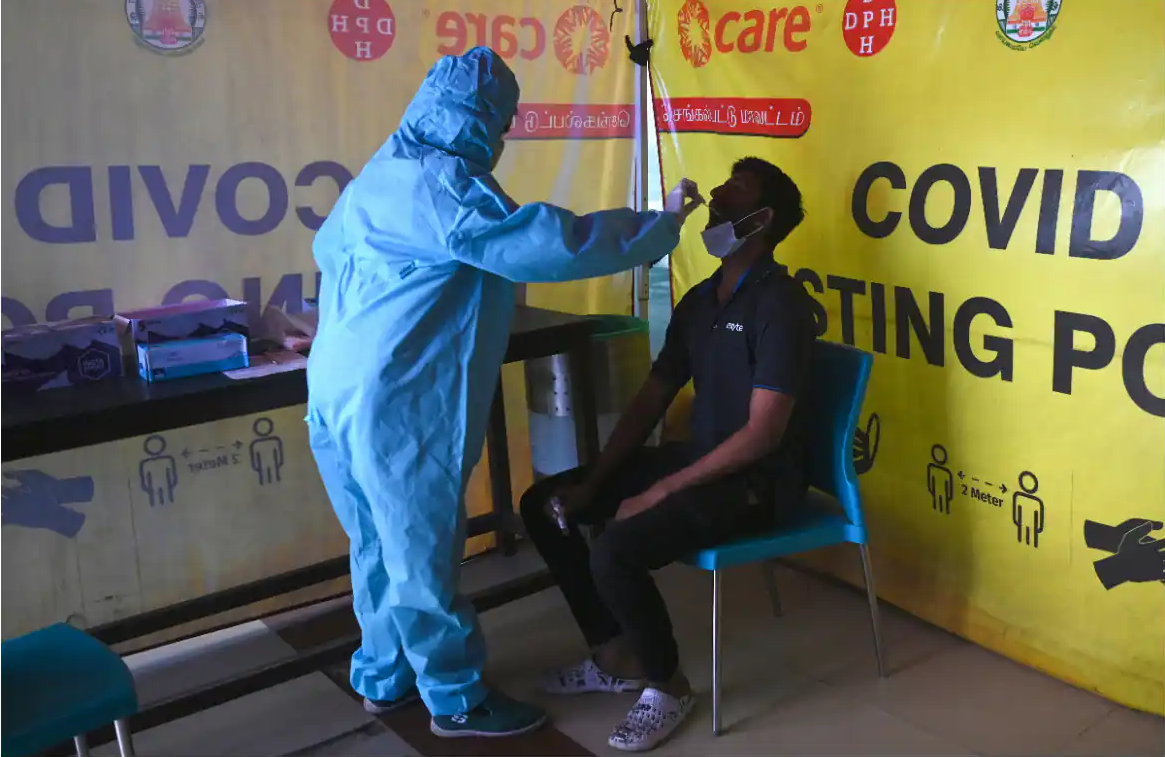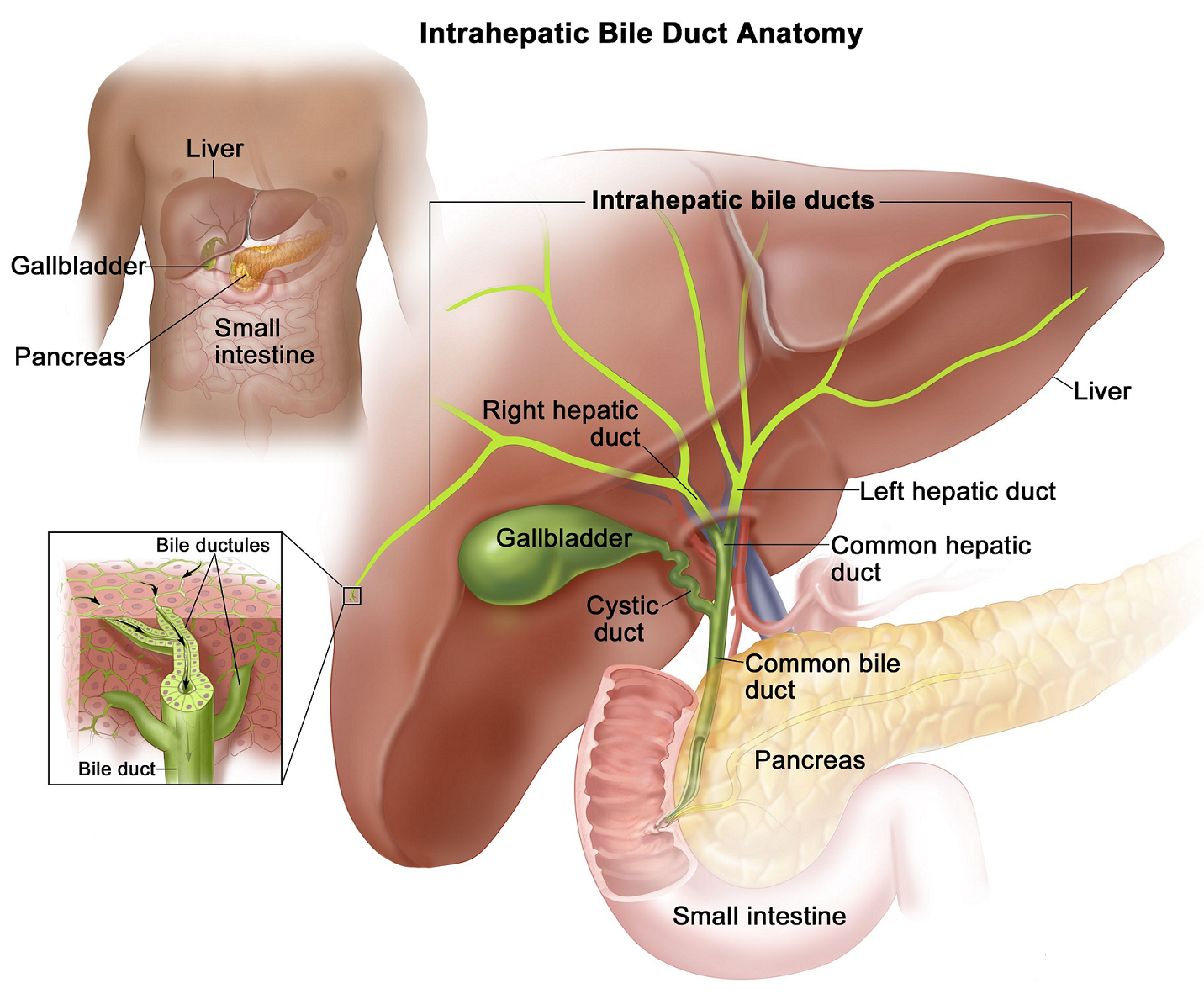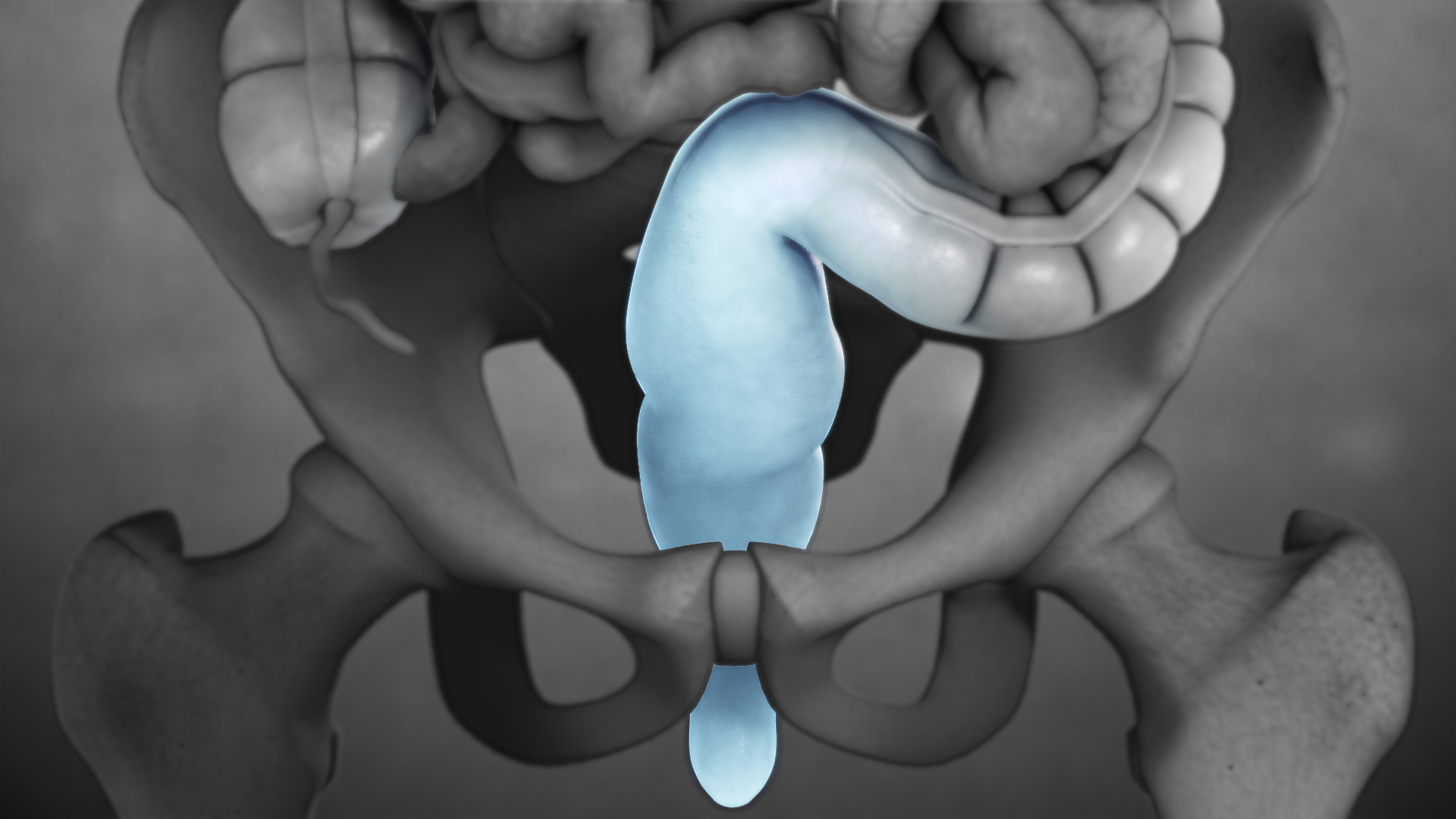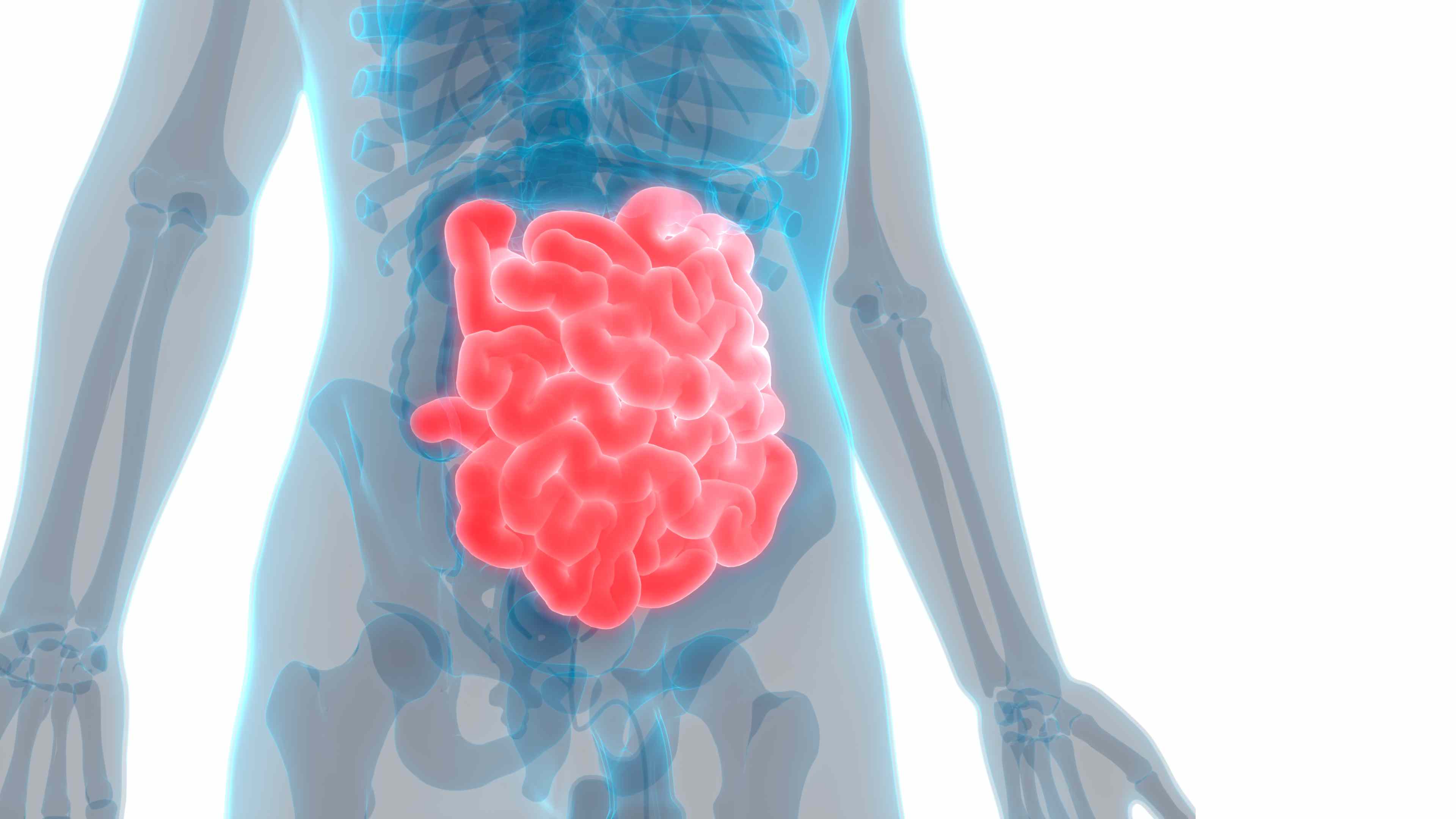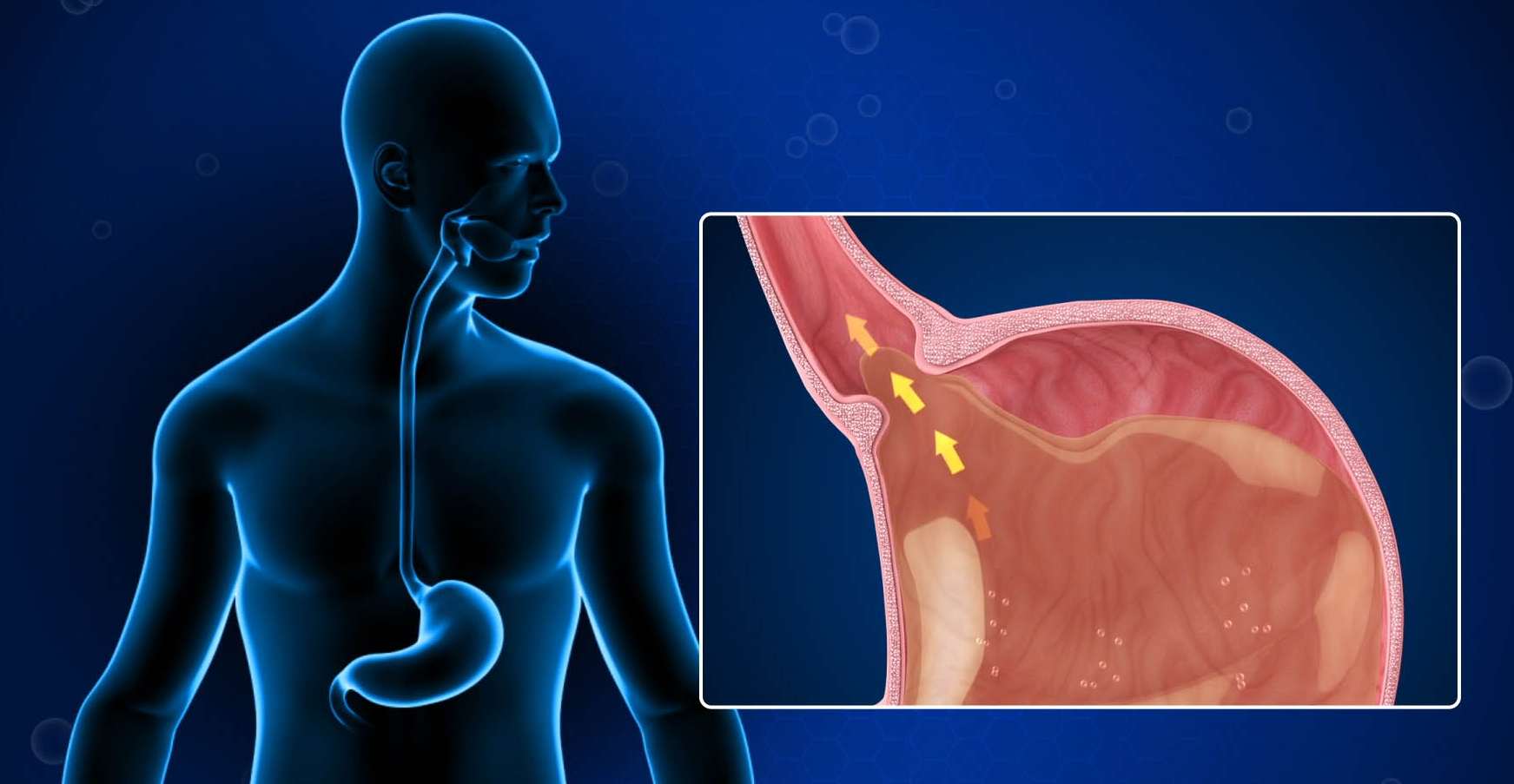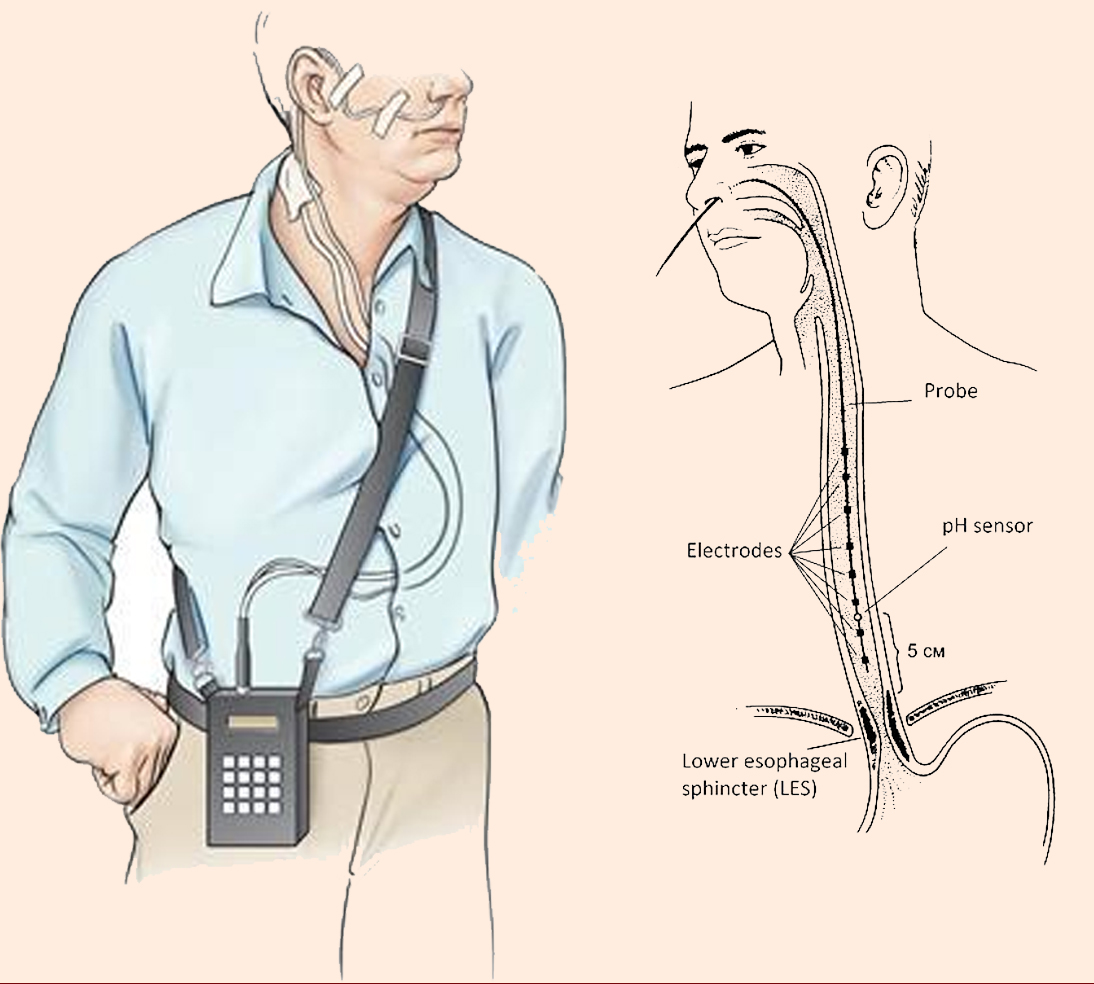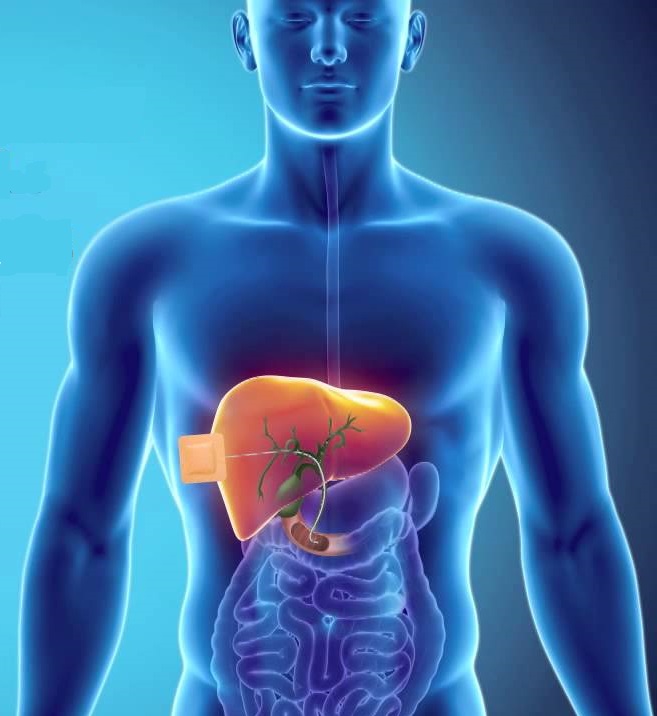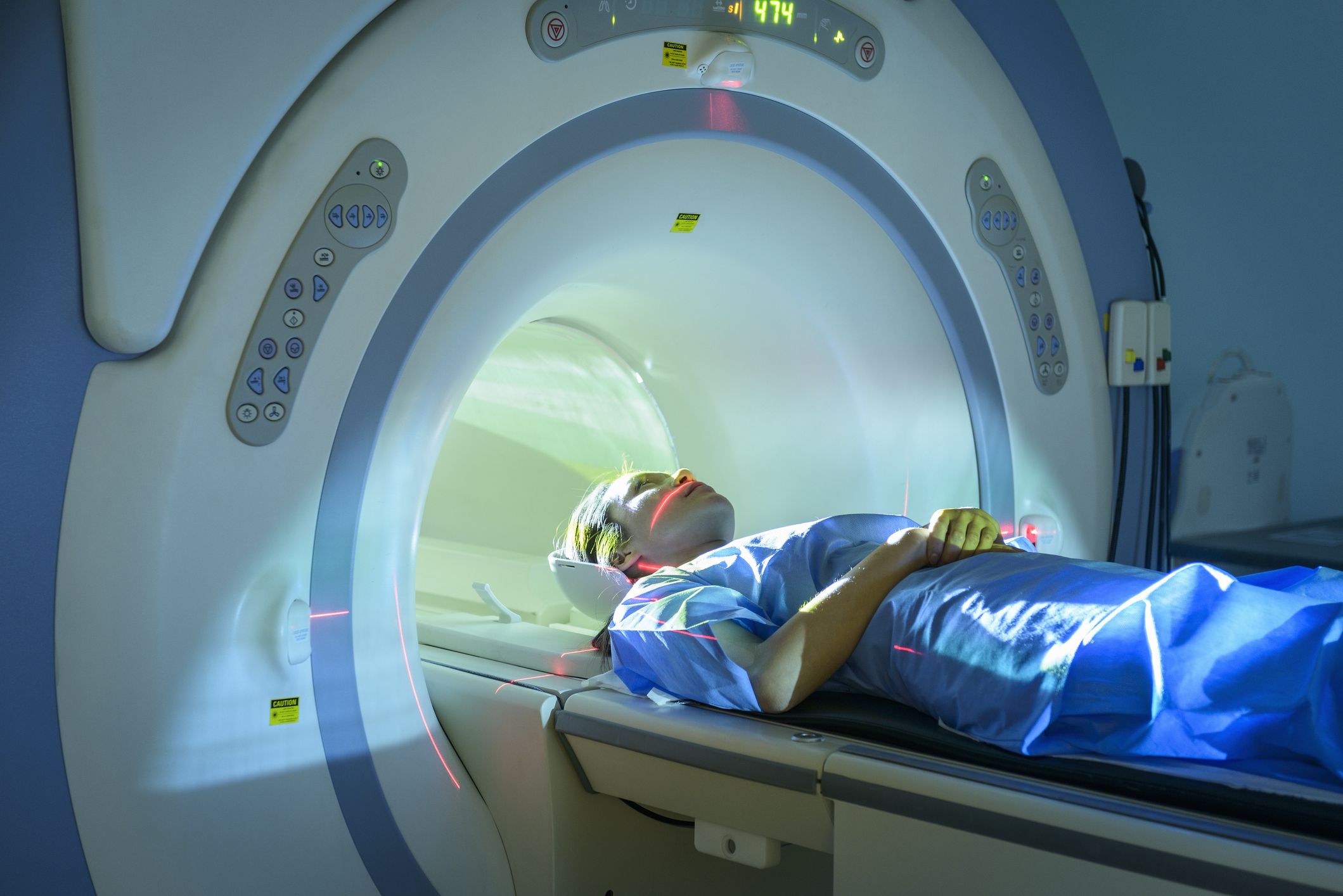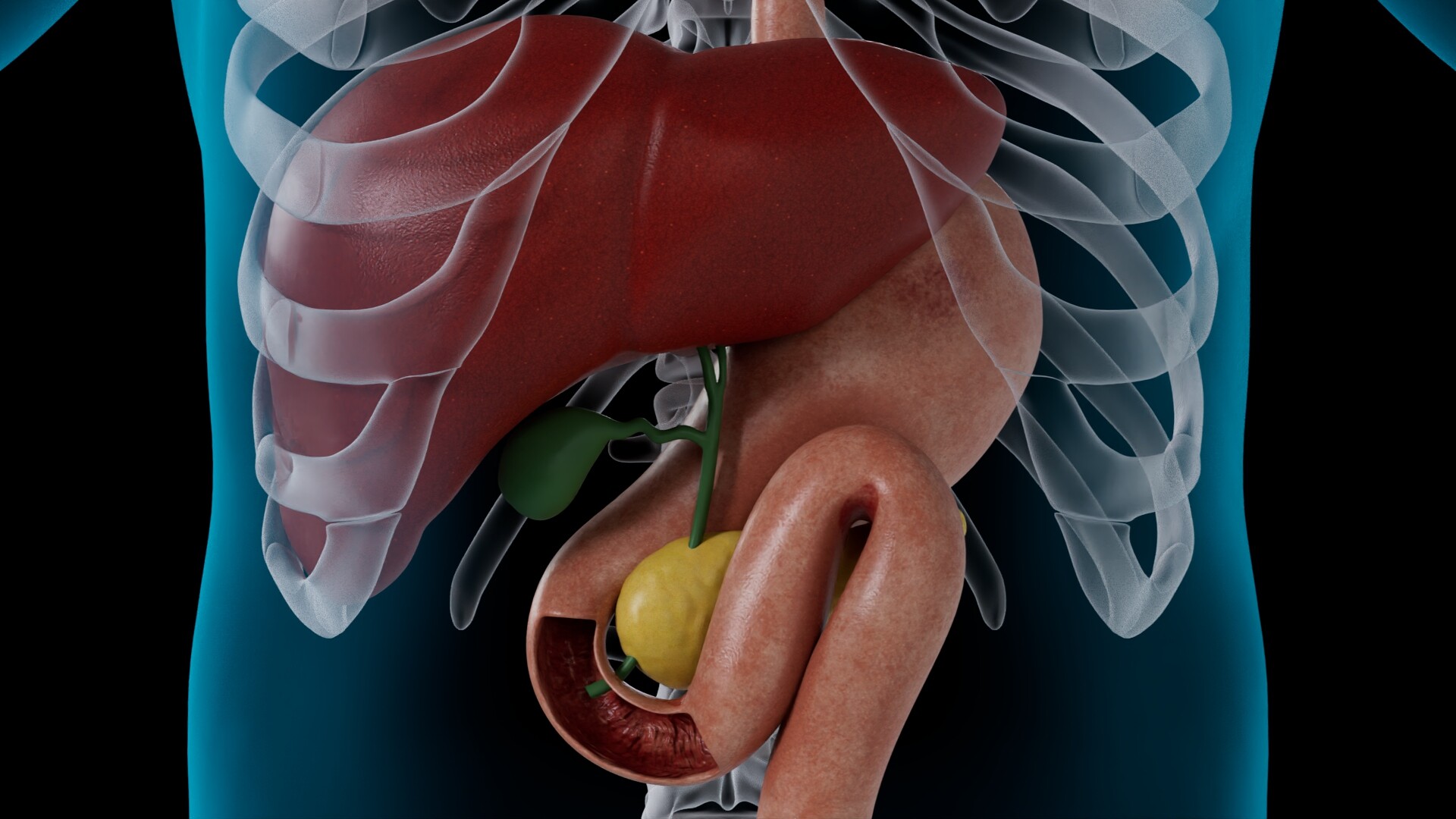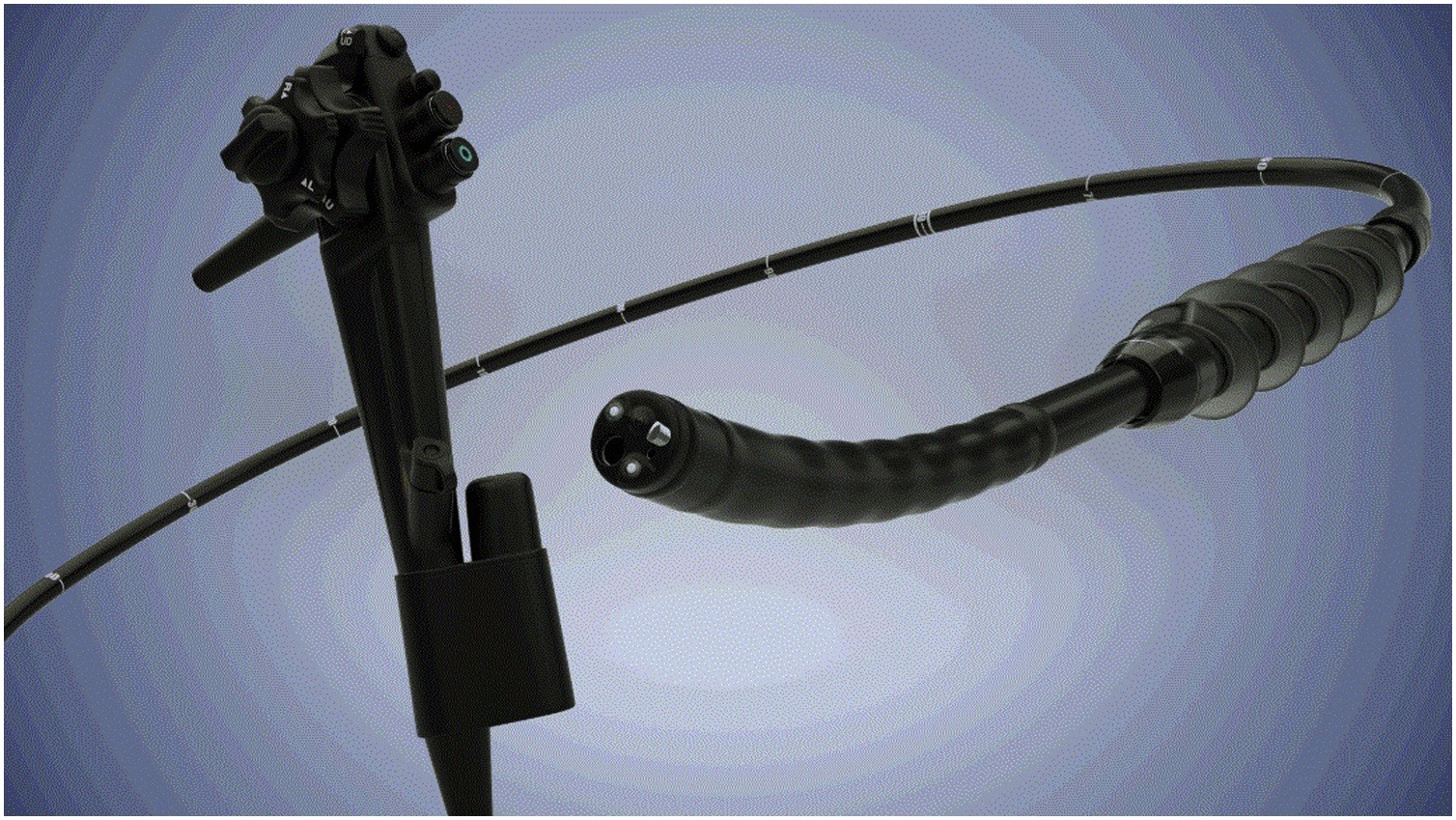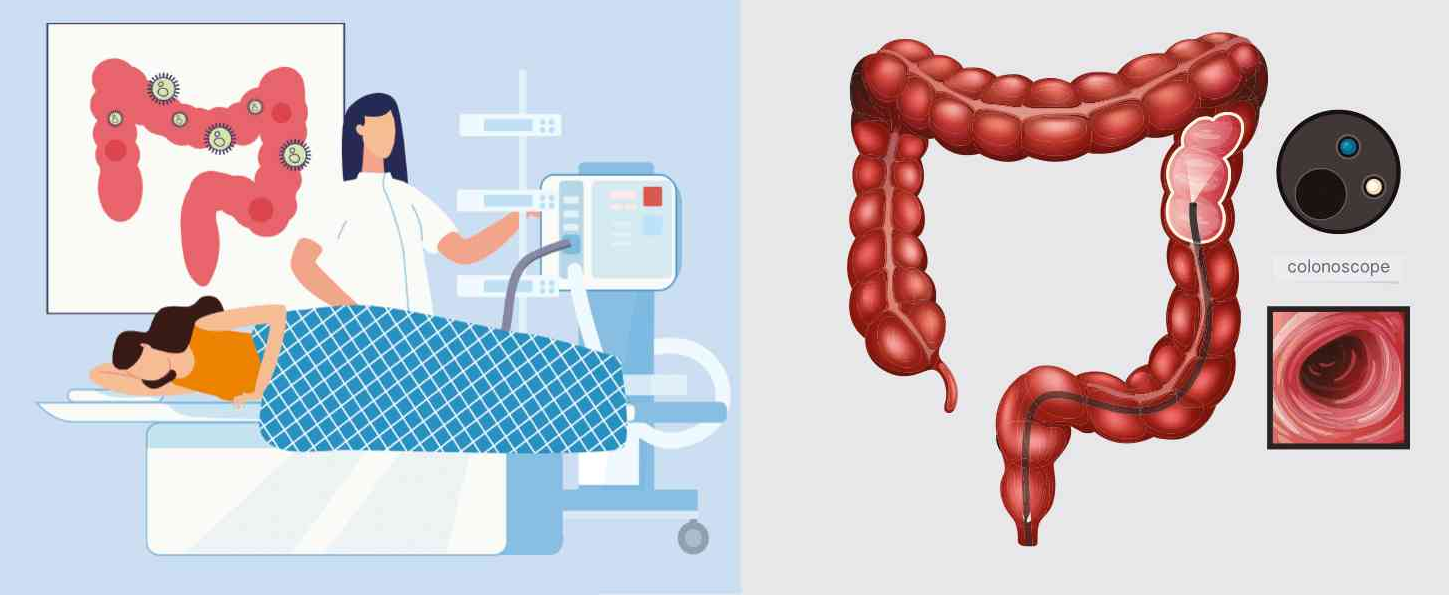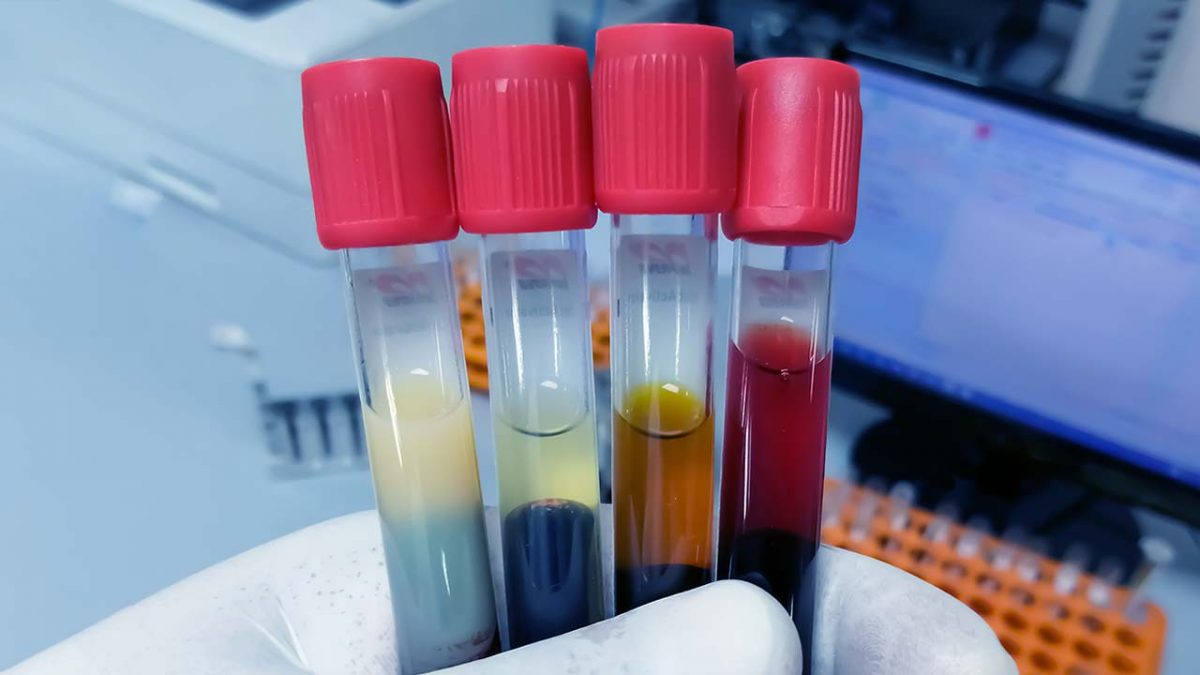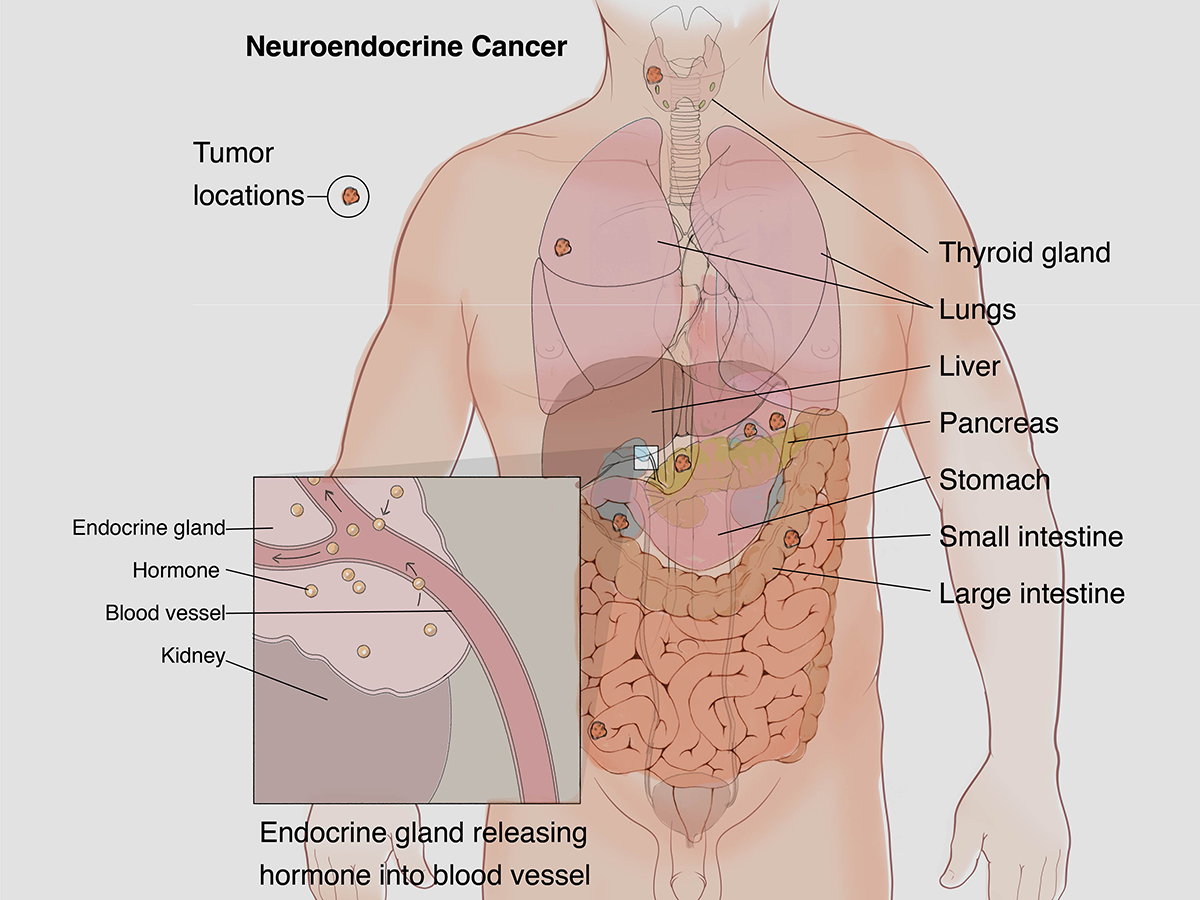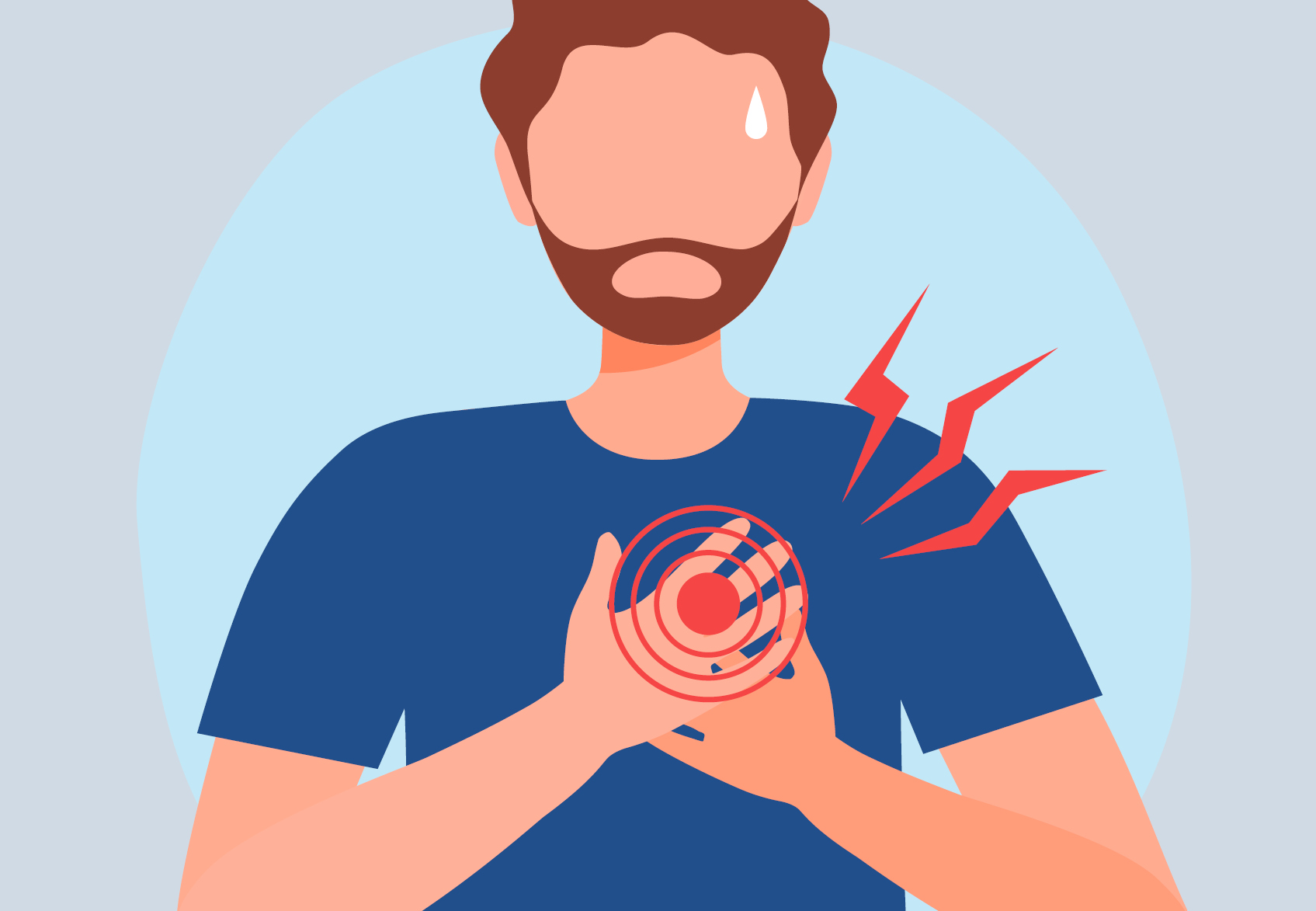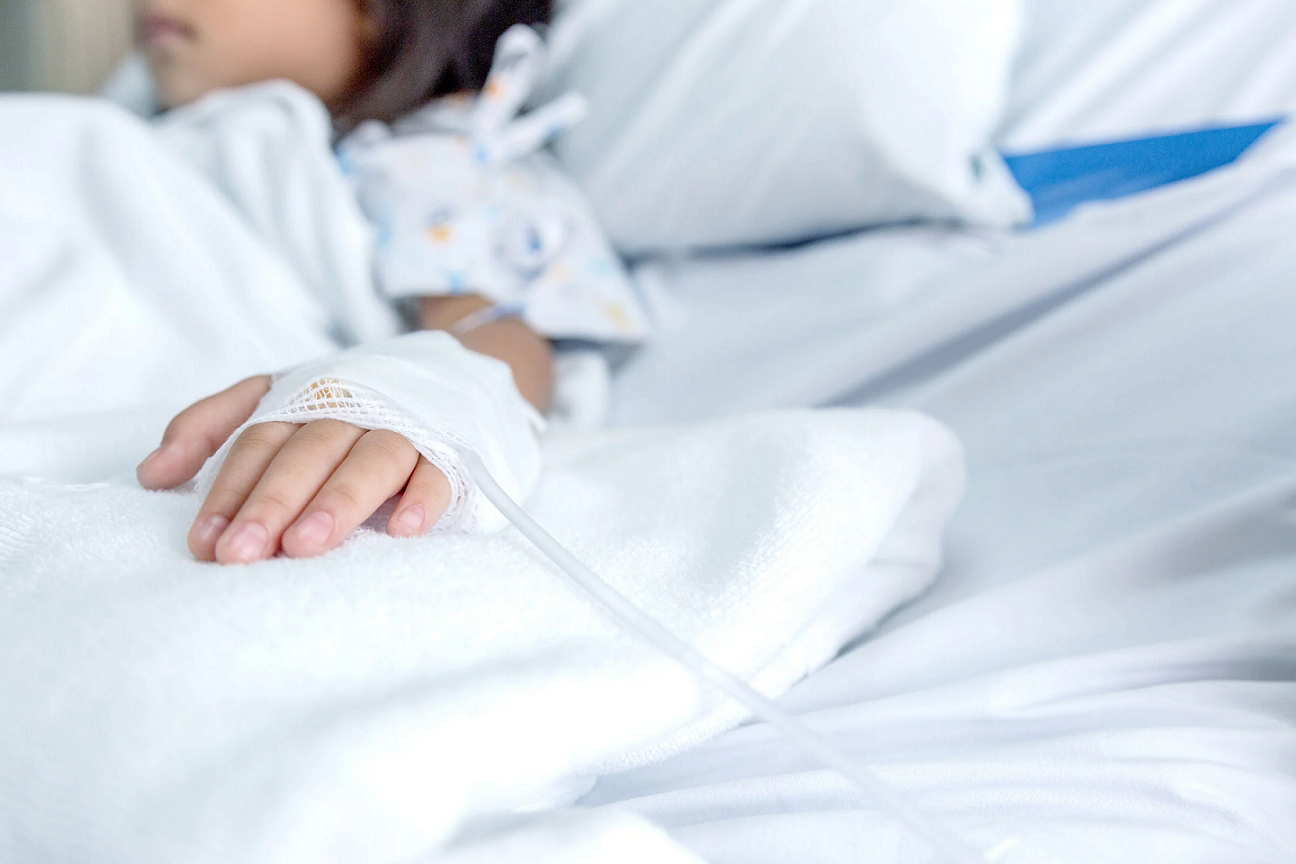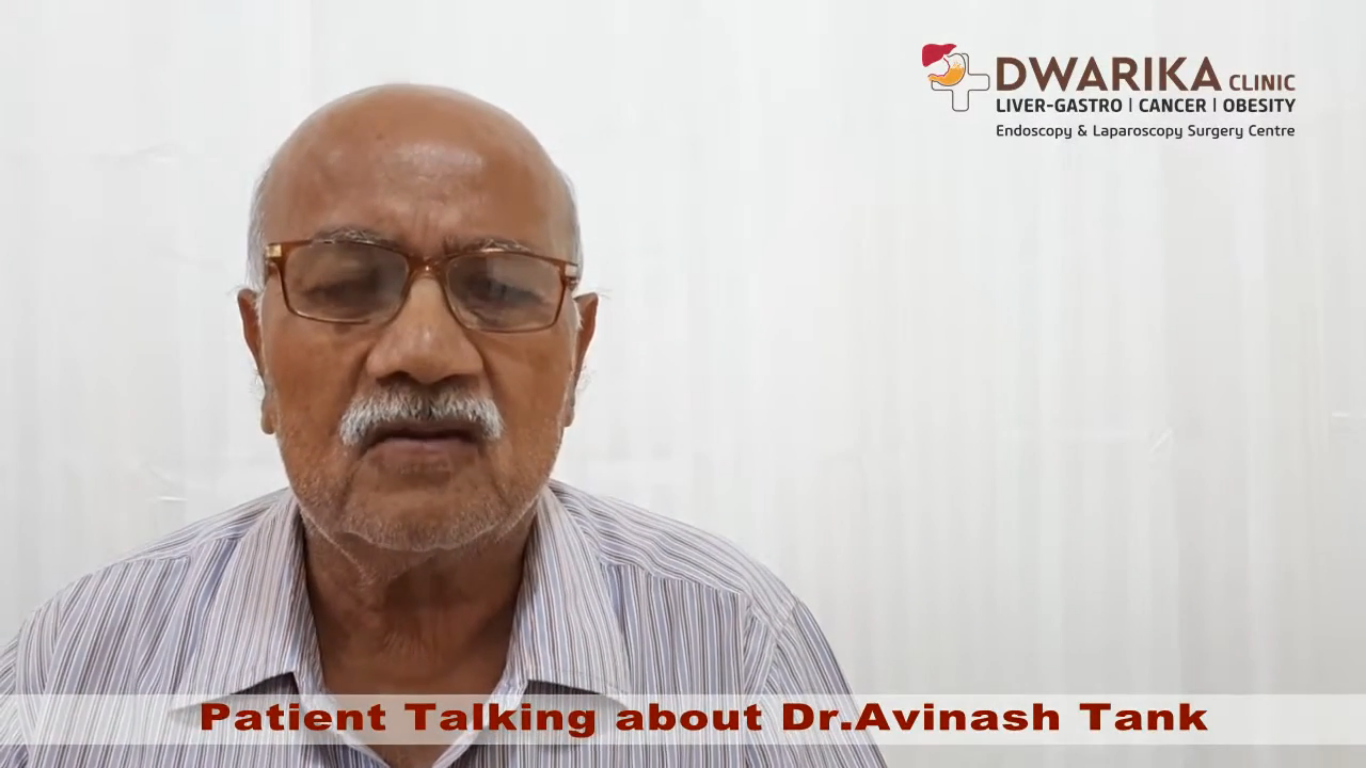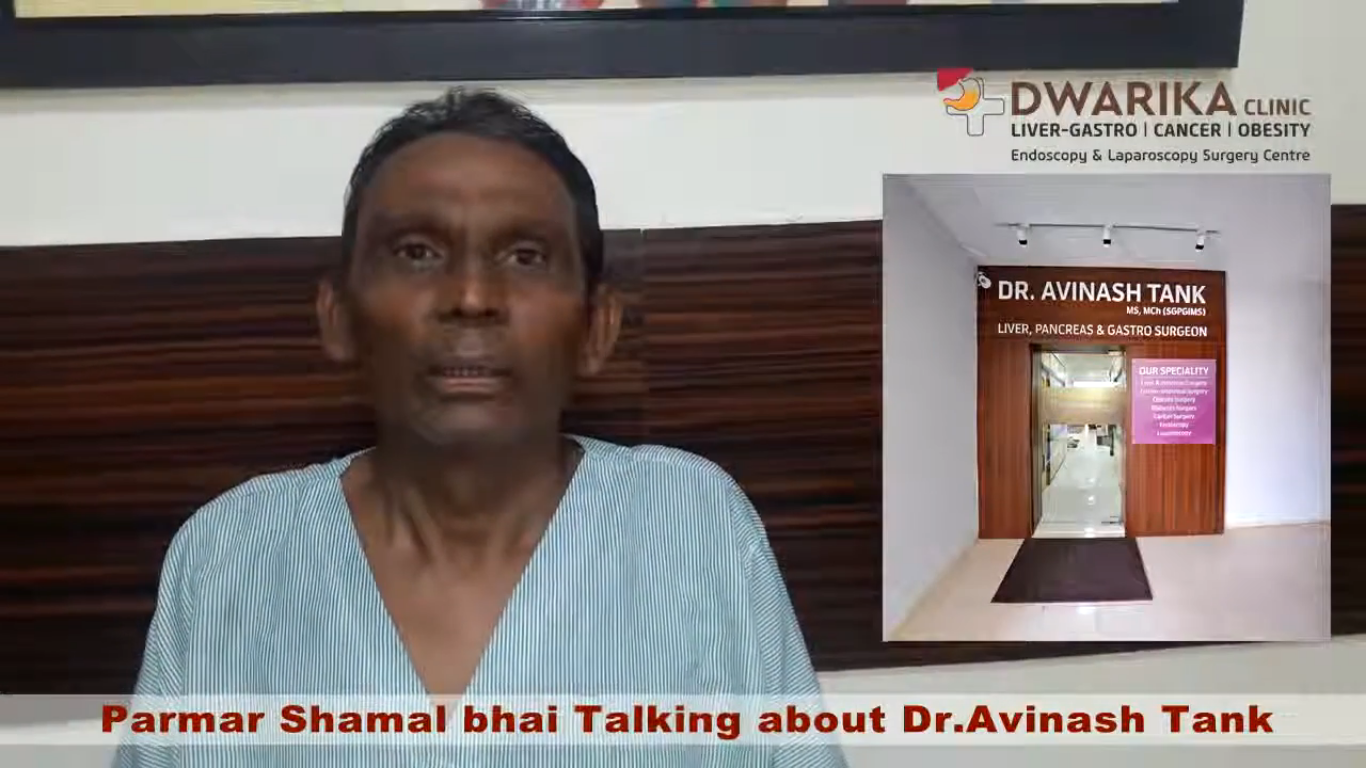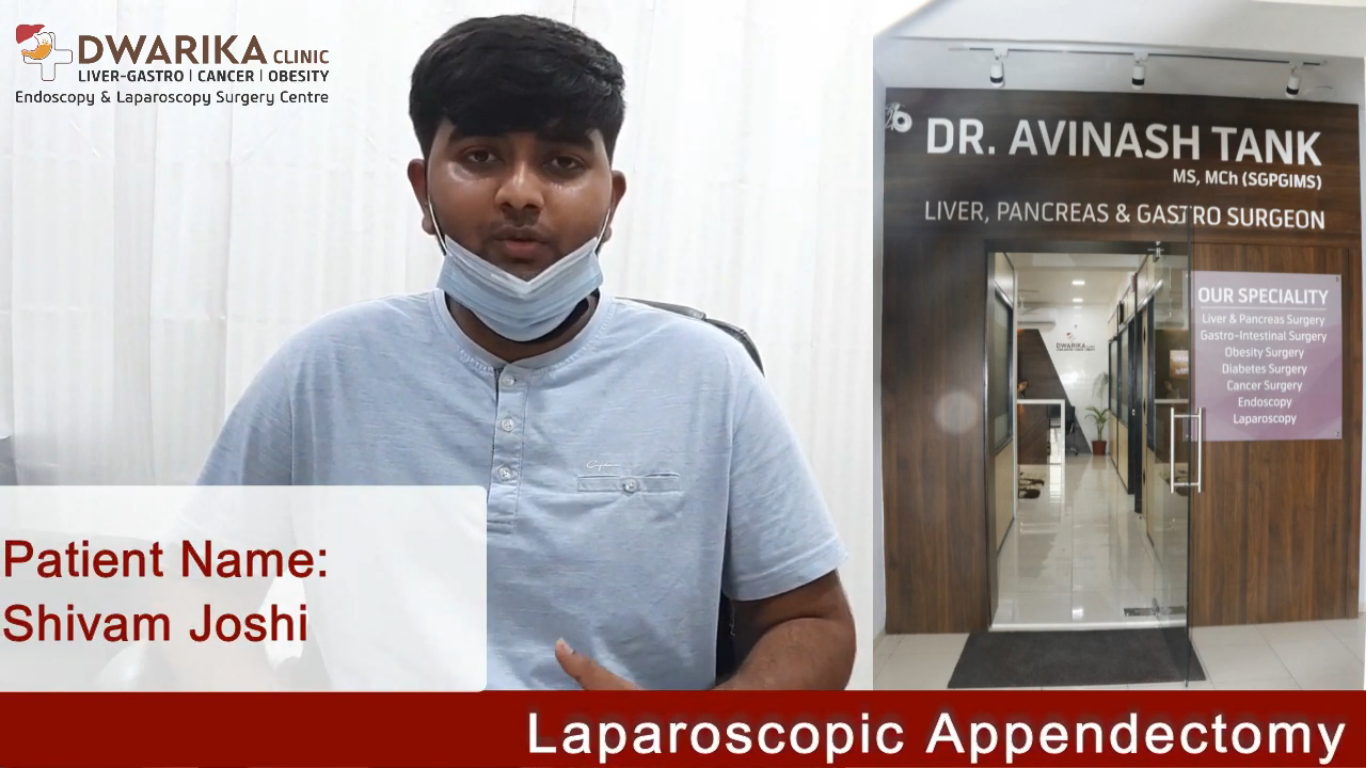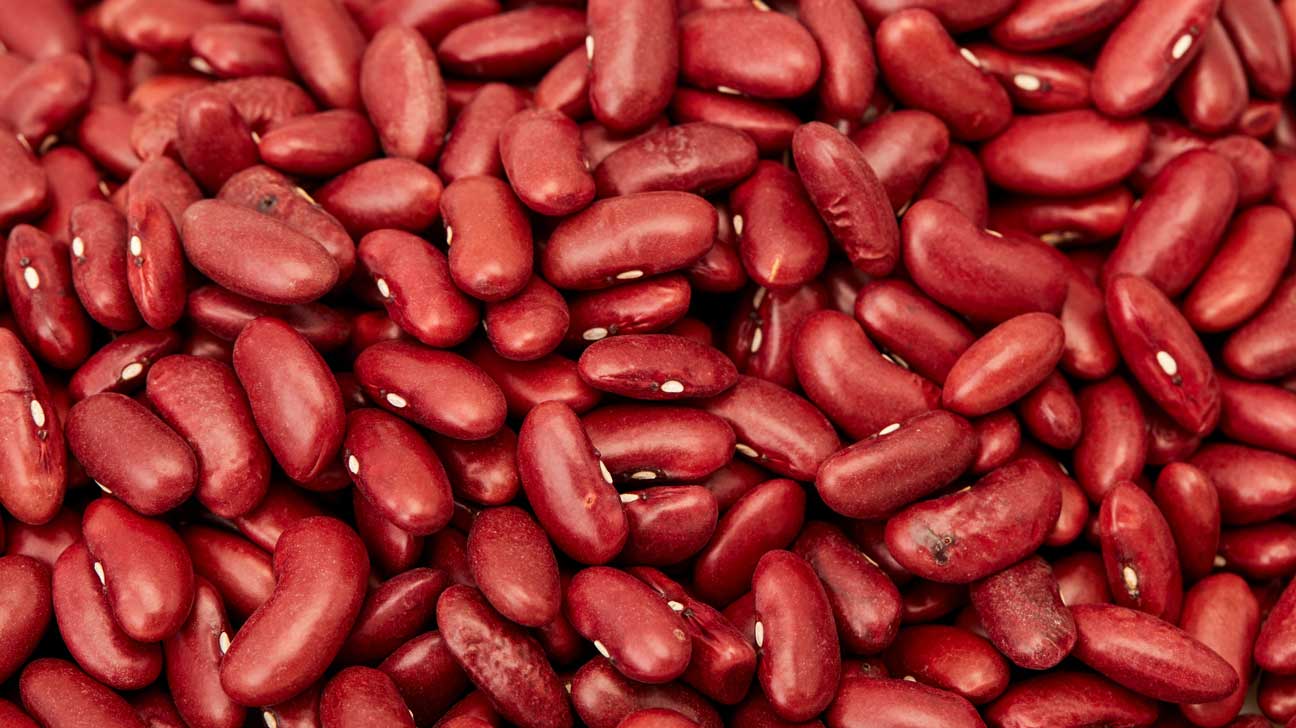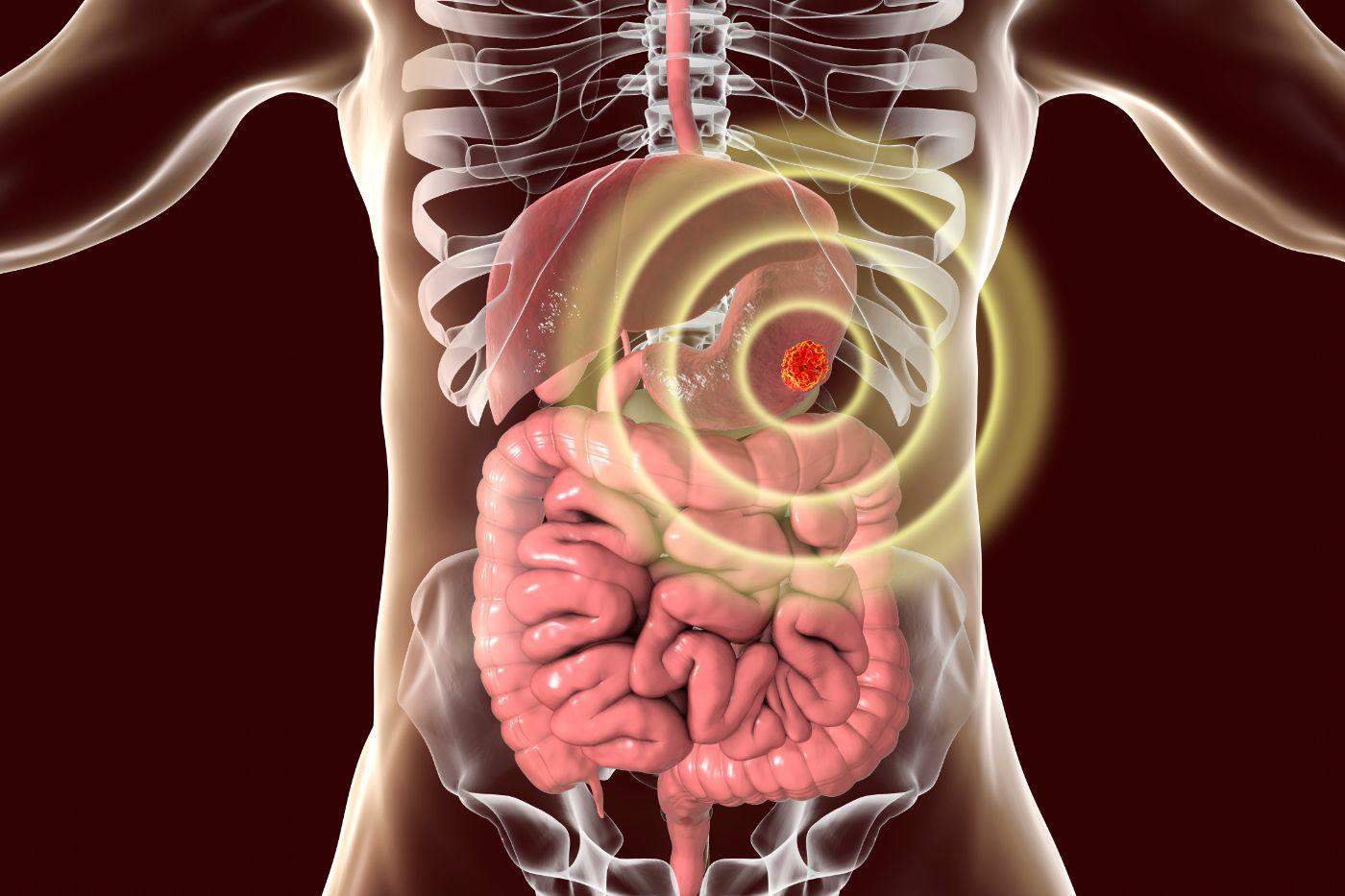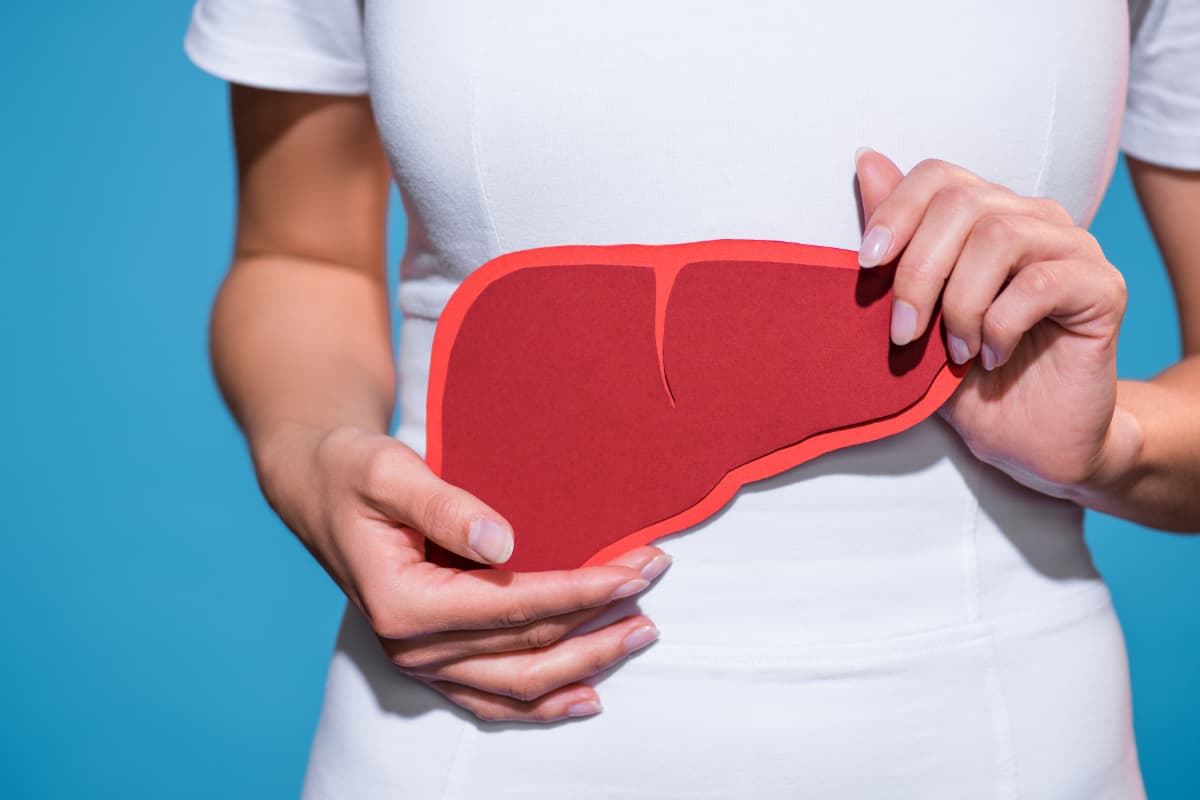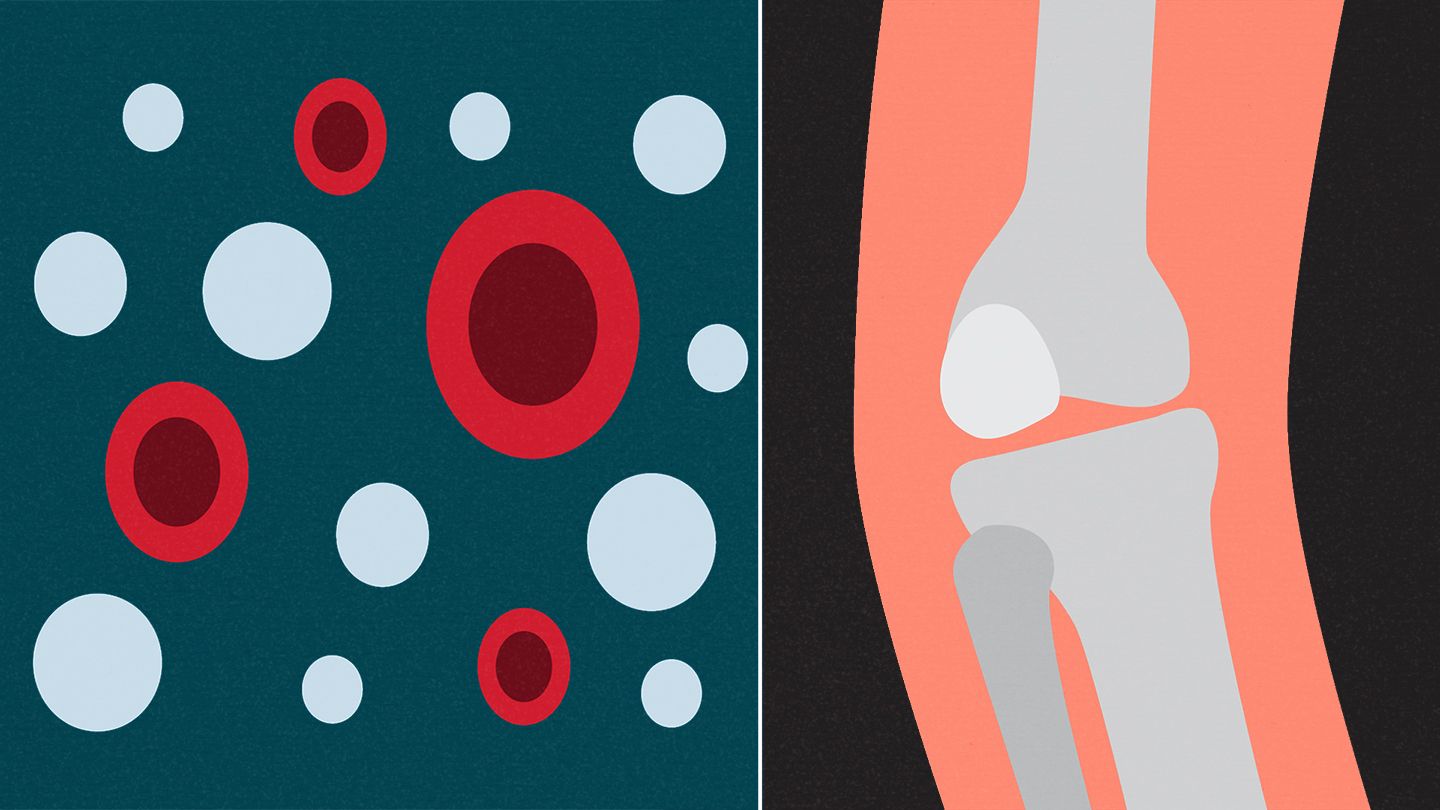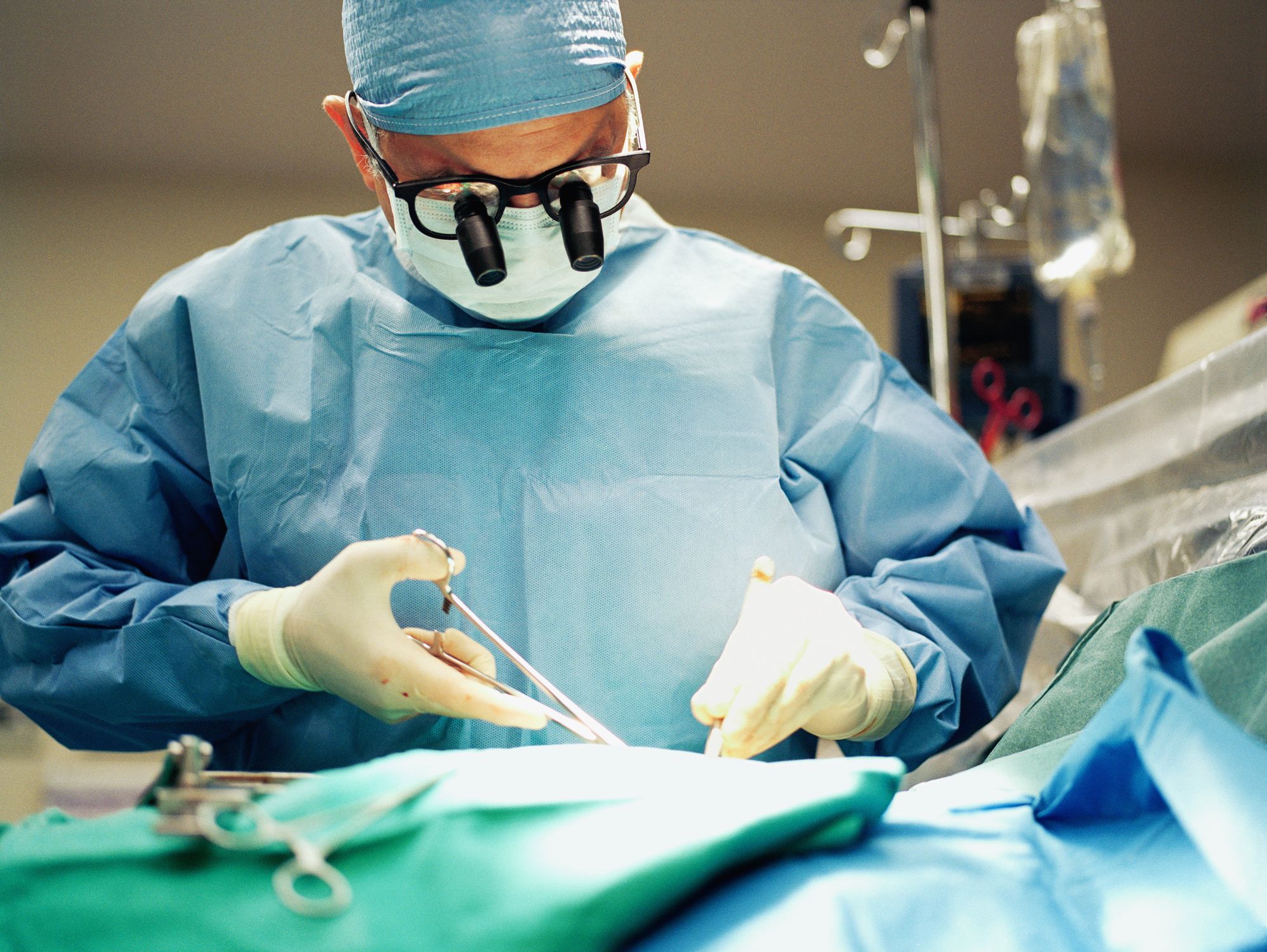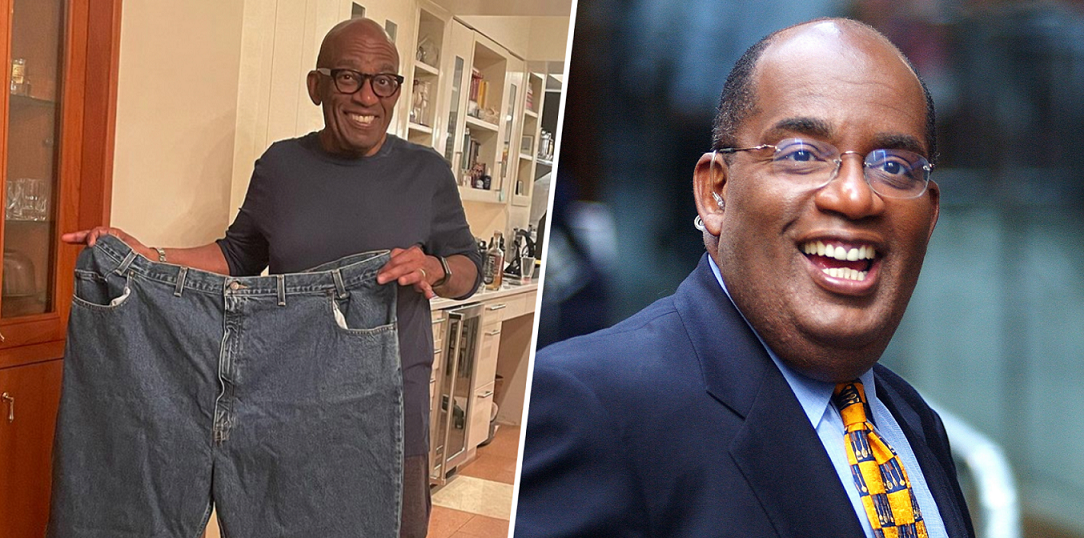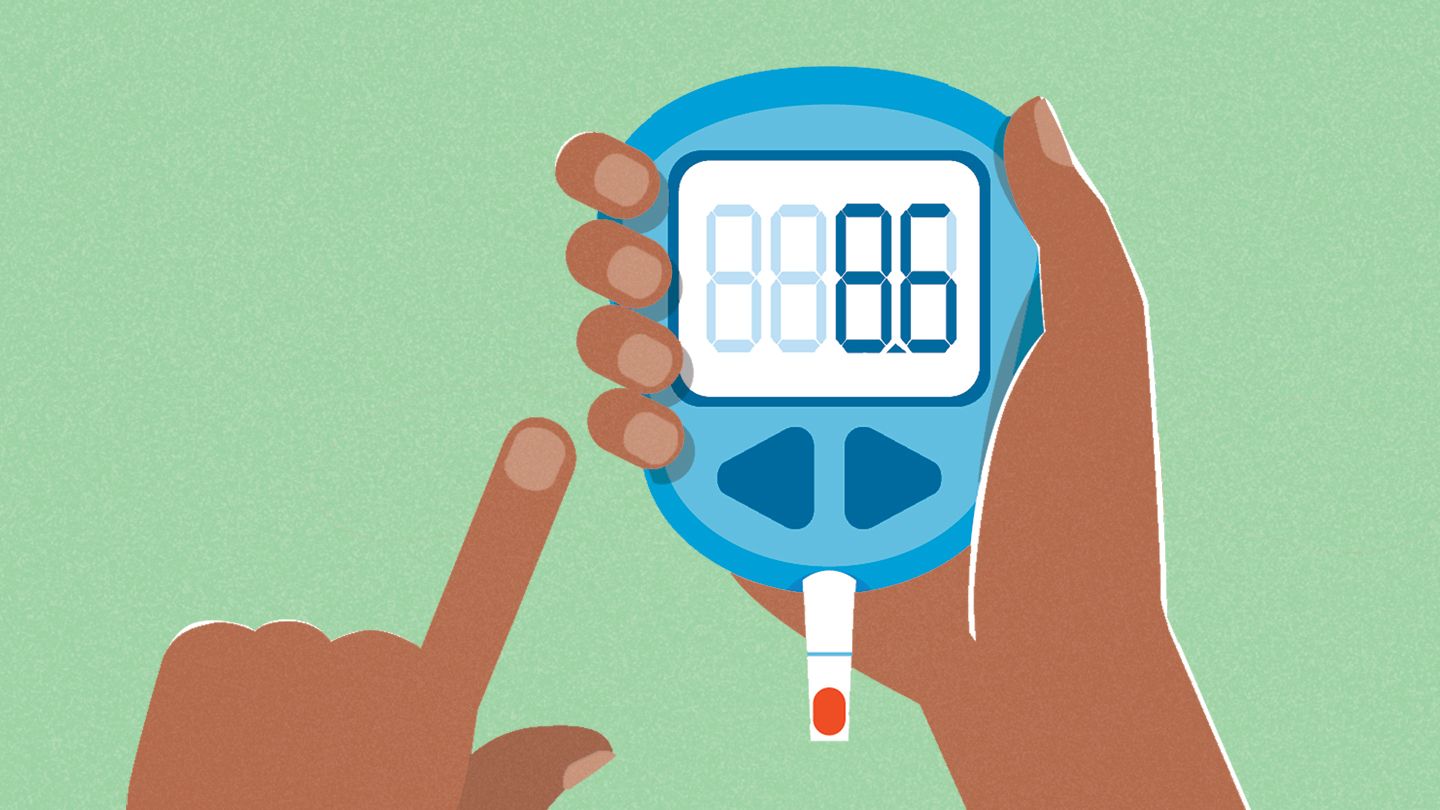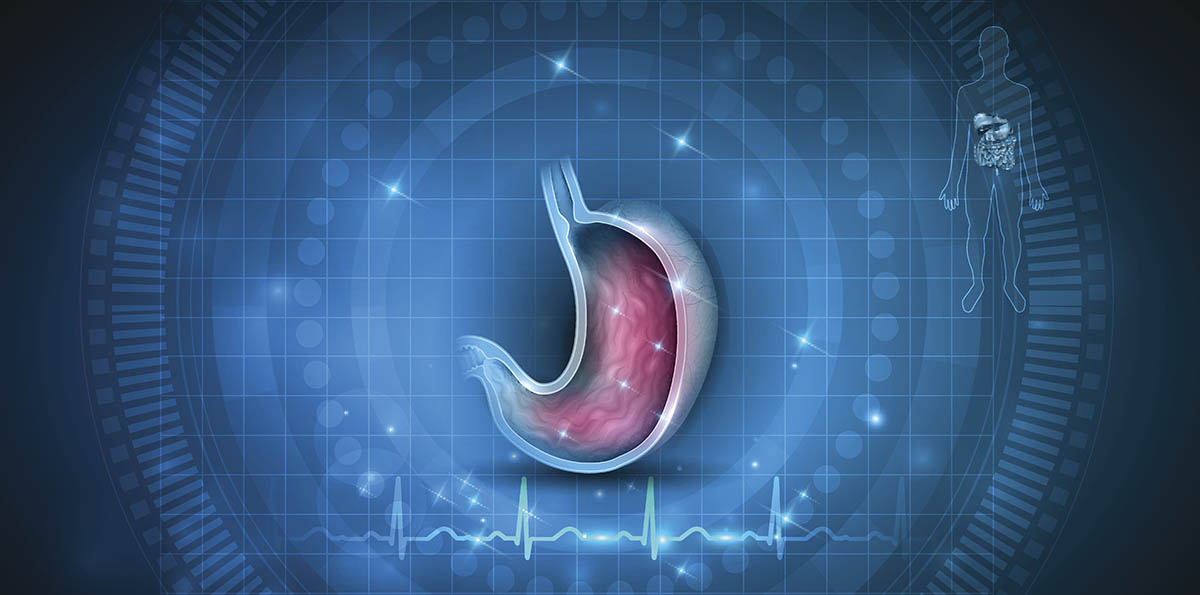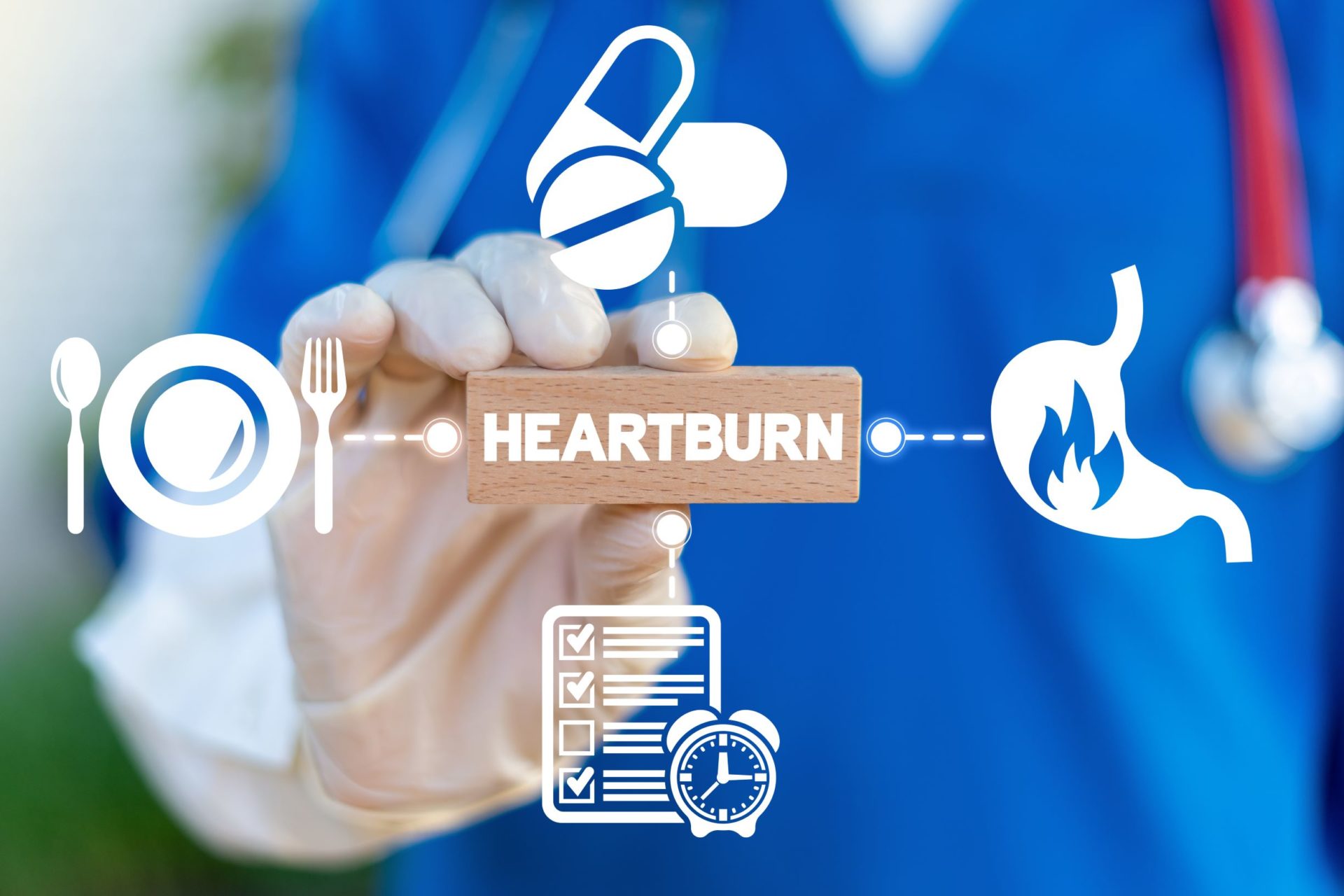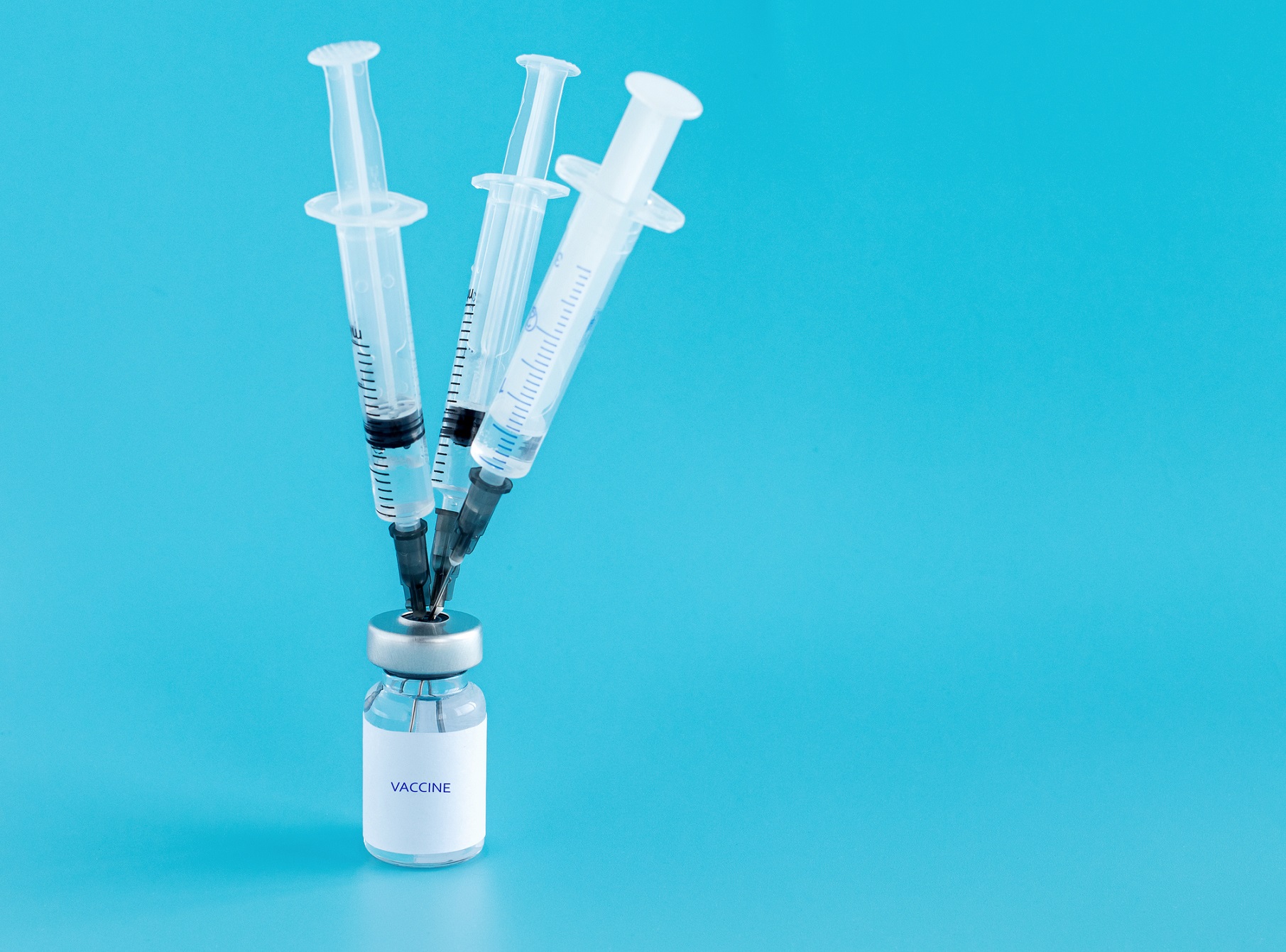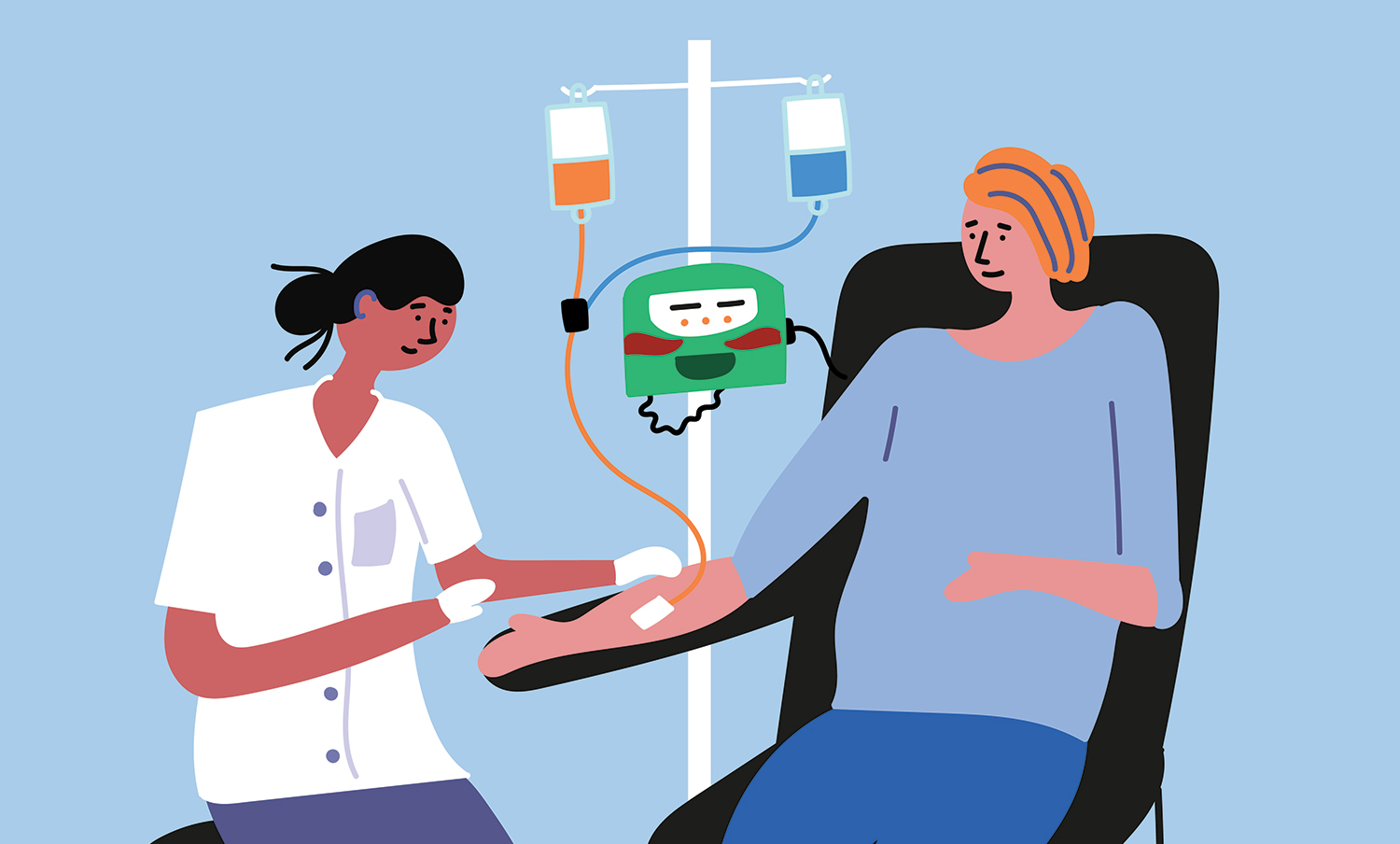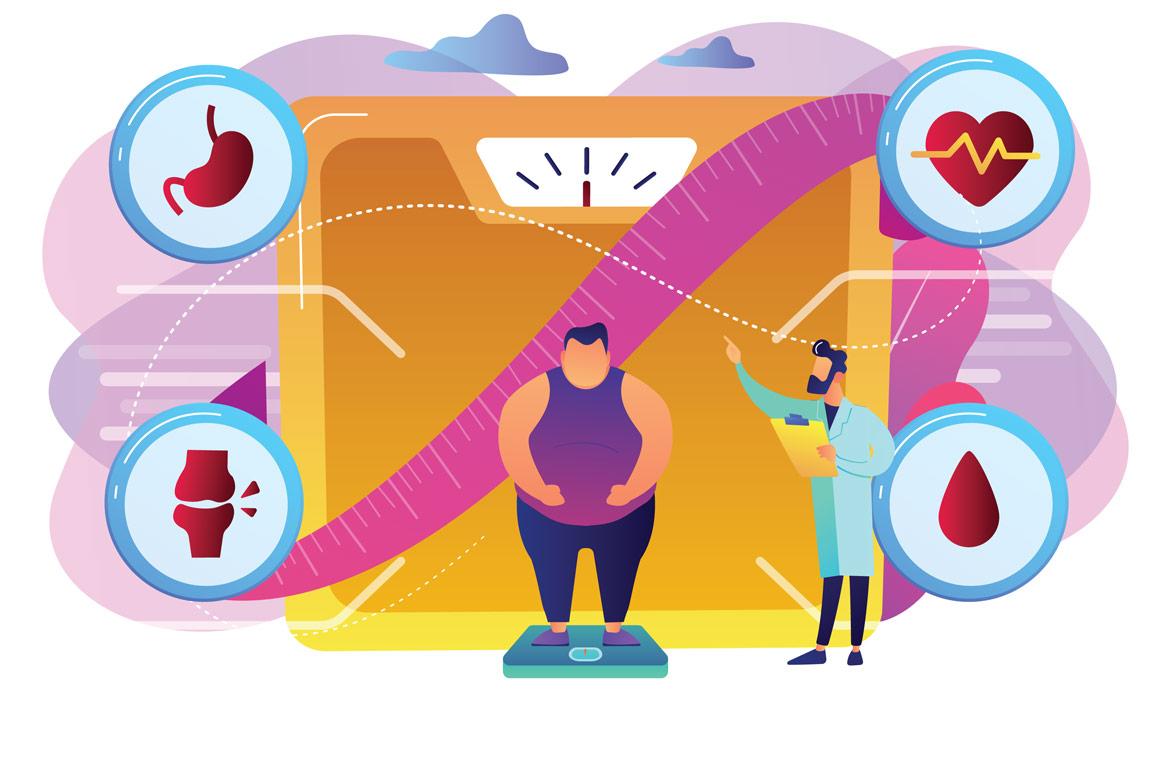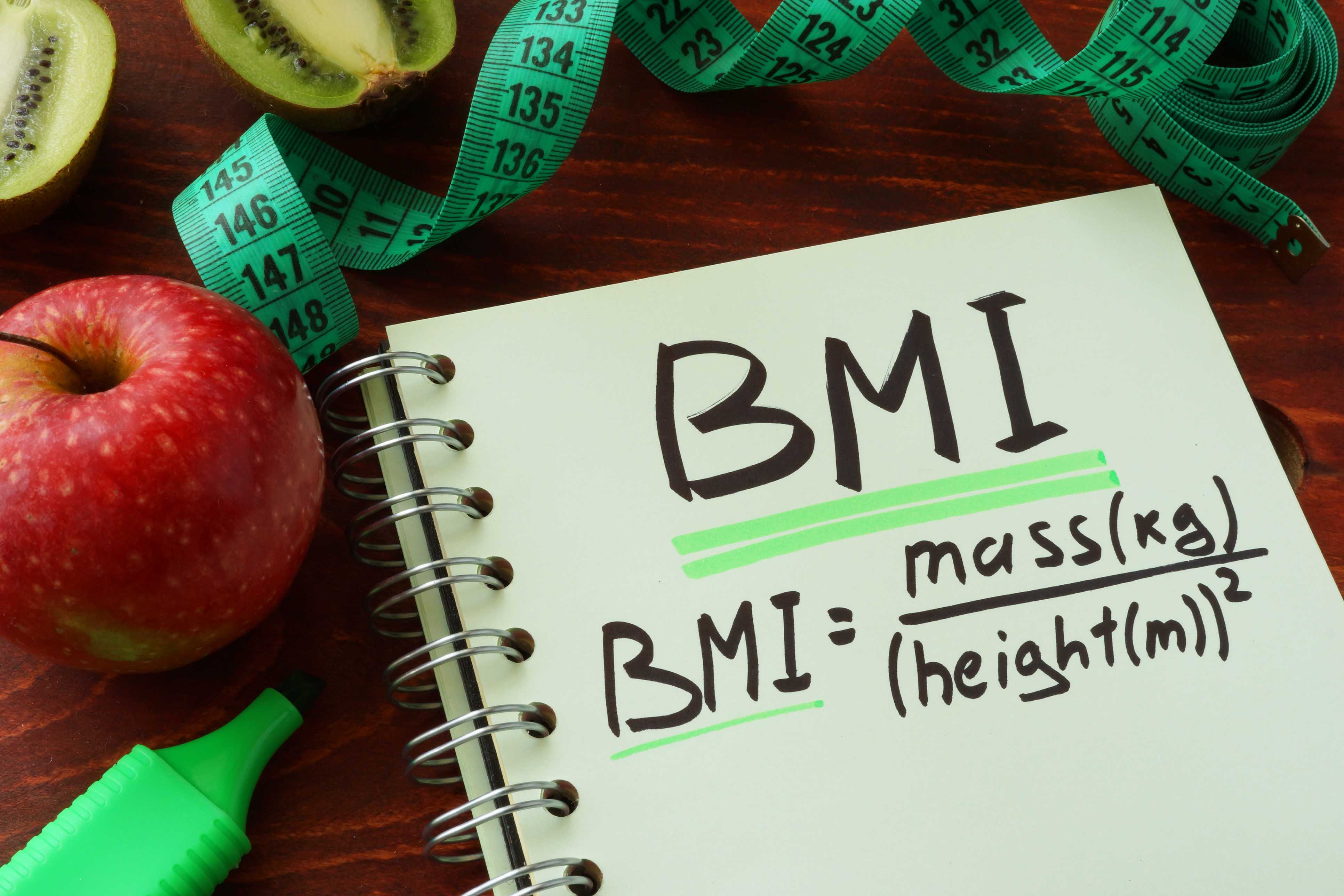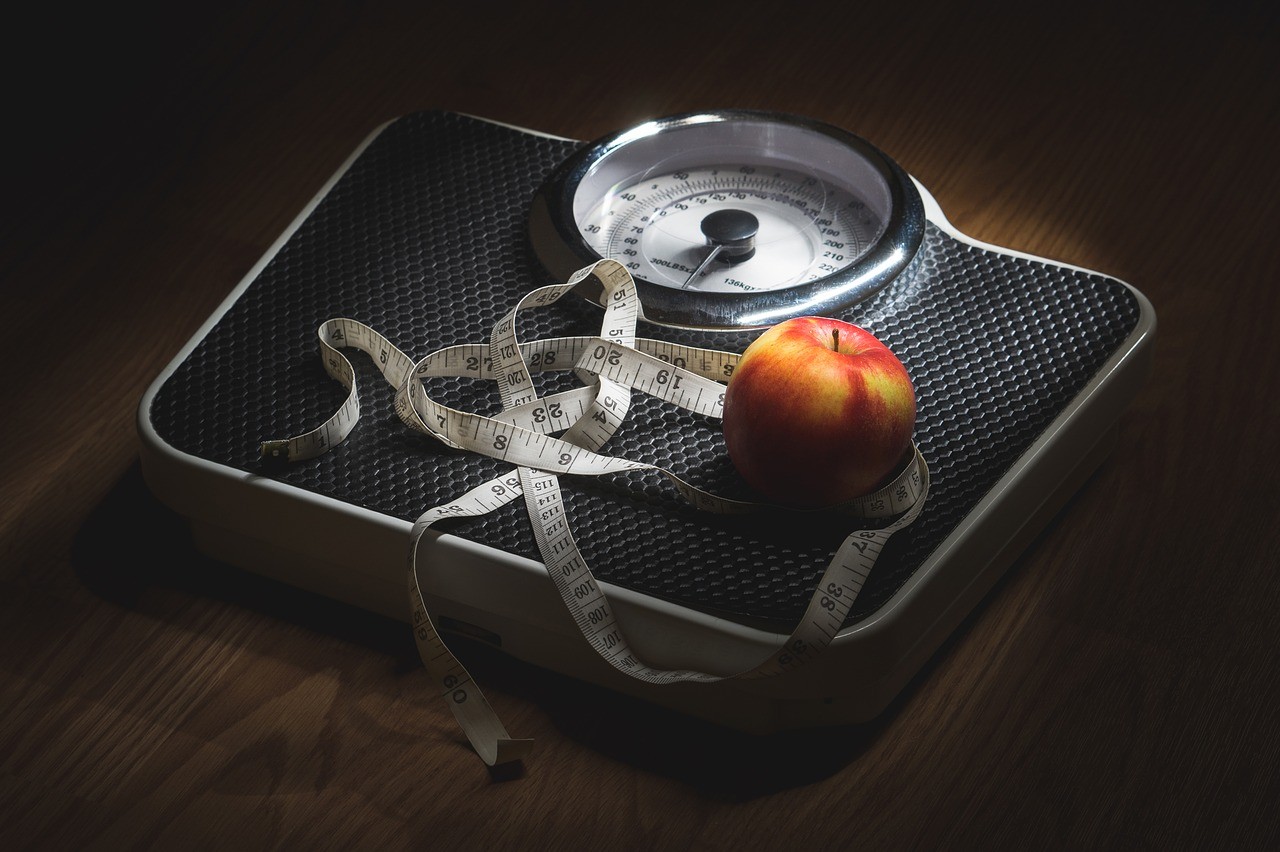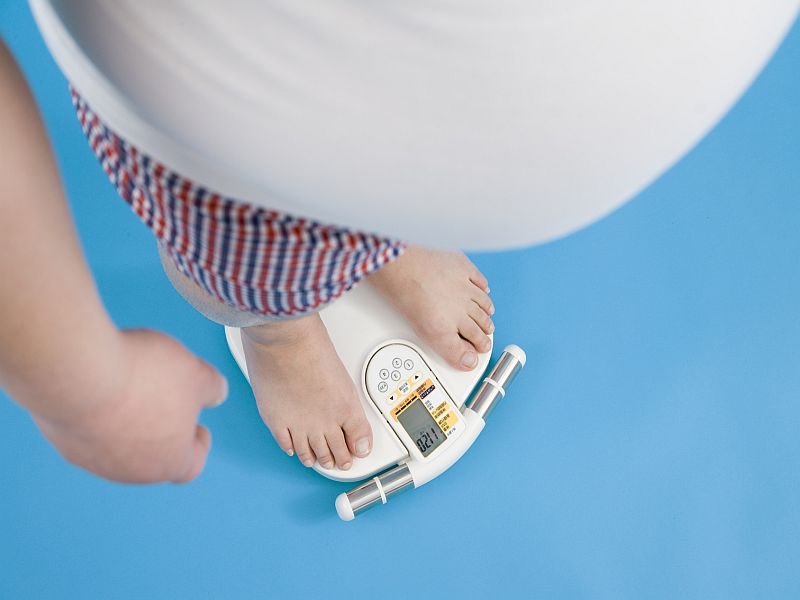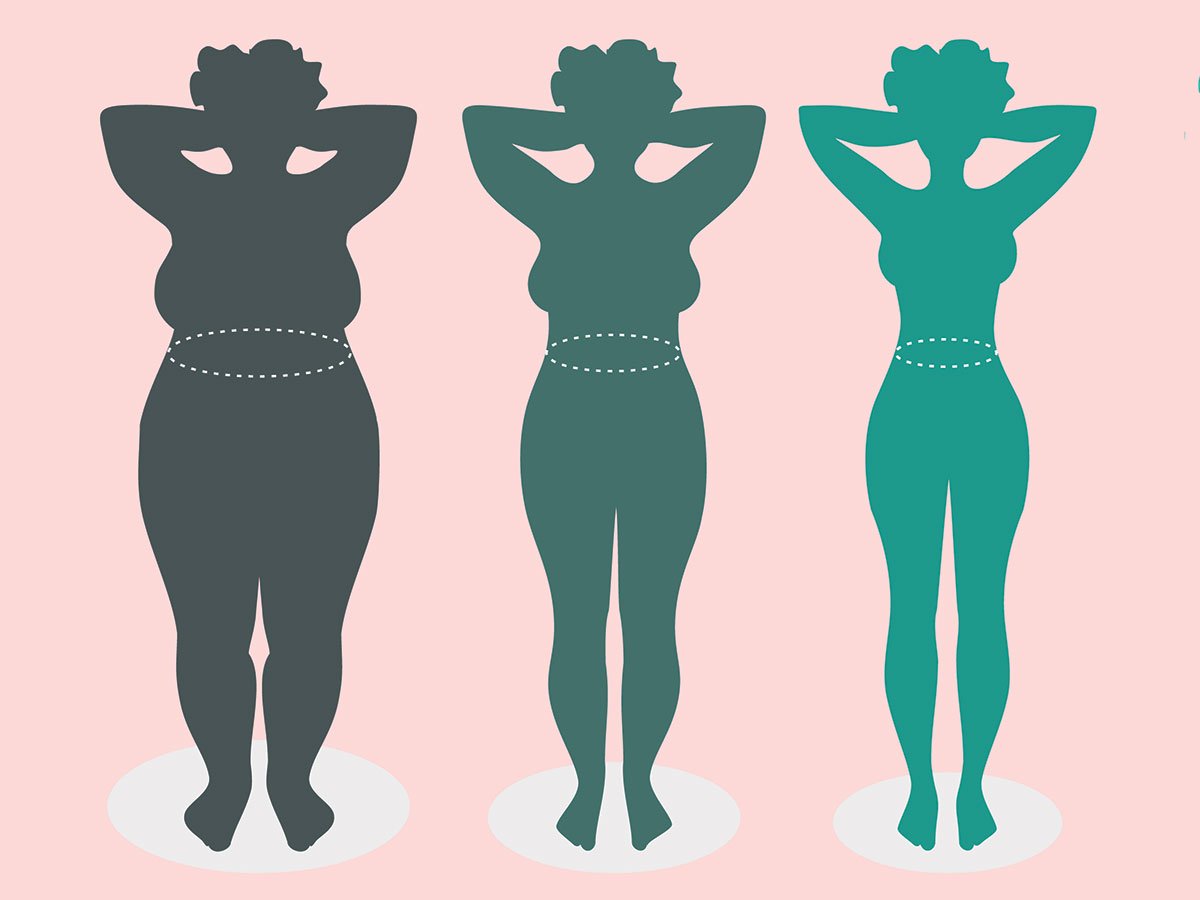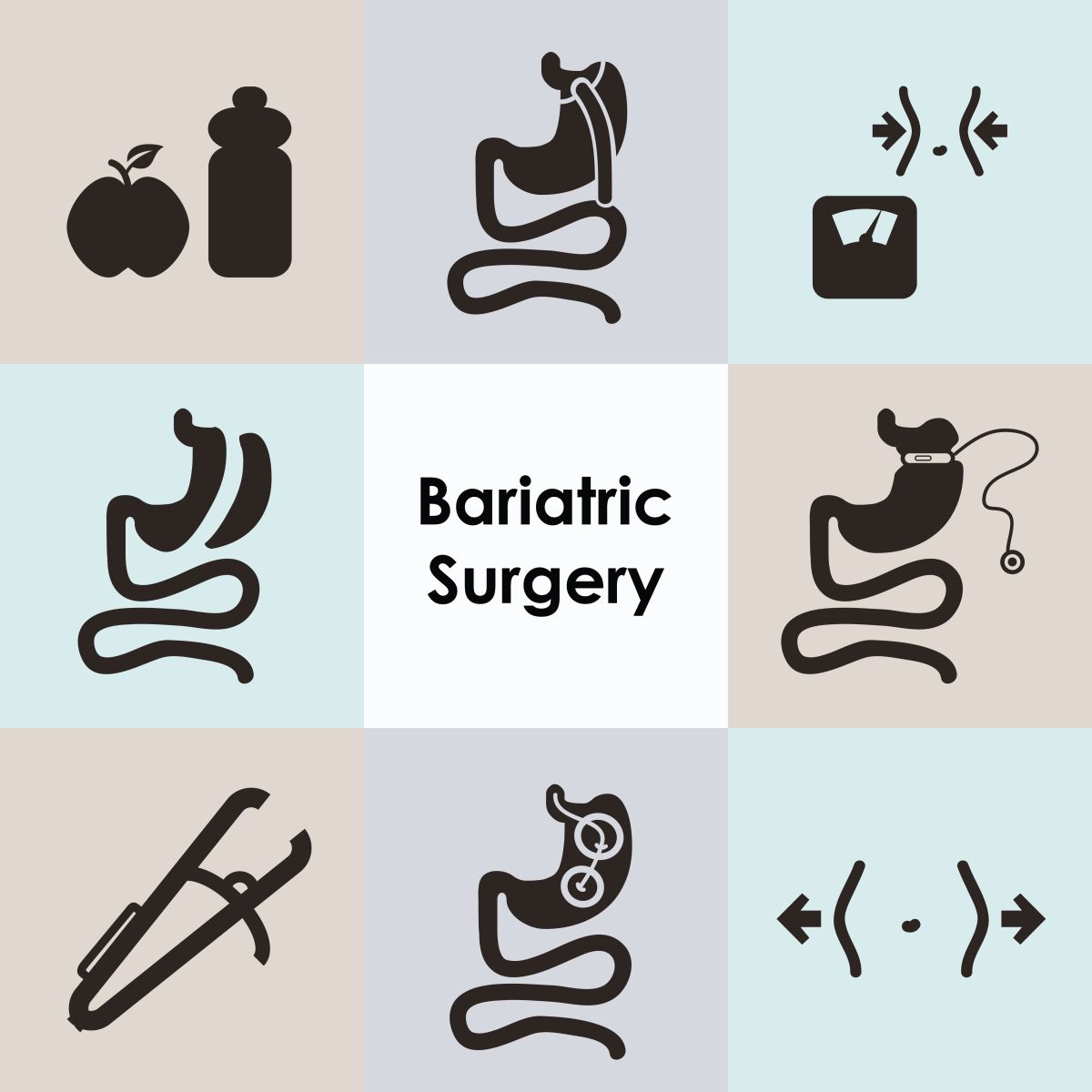Surgery Care, health
Weight loss Post Surgery Care
If you're getting ready to have weight loss surgery, you're probably looking ahead to the results. Here's what you can expect after Weight Loss Surgery?
SUMMARY: 60 SECOND READ
After undergoing weightloss surgery, you will have to prepare yourself for the recovery phase and know what you'll need to do to make the changes last. Things to be considered-
- HOW MUCH WEIGHT WILL YOU LOSE? Ask your doctor exactly what you can expect. It may depend, in part, on what you weigh now and the type of surgery you get.
- WHAT WILL THE RECOVERY BE LIKE? Most gastric bypass surgery is laparoscopic, which means the surgeon makes small cuts. That makes for shorter recovery time.
- WHAT ARE THE POSSIBLE SIDE EFFECTS? There are potential short-term and long-term complications from having weight loss surgery. Long-term risks vary depending on the type of surgery. Approximately 40% of people experience some sort of complication. Less than 5% have serious complications. If you do have any problems that concern you, check in with your doctor.

You can expect to lose a lot of weight. If you have a weight-related medical condition, like type 2 diabetes or sleep apnea, those conditions may improve. And almost all people who get weight loss surgery -- 95% -- say their quality of life improves, too.
You'll want to get ready for the recovery and know what you'll need to do to make the changes last.
How Much Weight Will You Lose?
Ask your doctor exactly what you can expect. It may depend, in part, on what you weigh now and the type of surgery you get.
Sleeve gastrectomy is becoming a more popular weight loss surgery. People who get sleeve gastrectomy lose about 40% of their extra weight.
On average, people lose 60% of their extra weight after gastric bypass surgery.
Gastric banding is no longer a commonly performed weight loss surgery.
Summary- Weightloss surgery gives different results for different individuals. It is best to consult and have utmost clarity on the matter with your doctor.
What Will the Recovery Be Like?
Most gastric bypass surgery is laparoscopic, which means the surgeon makes small cuts. That makes for shorter recovery time.
Most people stay in the hospital for 2 to 3 days, and get back to normal activities in 3 to 5 weeks.
If the surgery must be "open," meaning the surgeon has to make a larger cut, healing takes longer.
Summary- Recoery time depends on the type of surgery. While laparoscopic surgery requires smaller time frame, open surgery requires longer time frame.
What Are the Possible Side Effects?
There are potential short-term and long-term complications from having weight loss surgery. Long-term risks vary depending on the type of surgery. Approximately 40% of people experience some sort of complication. Less than 5% have serious complications. If you do have any problems that concern you, check in with your doctor.
Some common side effects include:
- Constipation is common after weight loss surgery. Your doctor can let you know how to handle it. Avoid granular fiber (Metamucil or psyllium), which can cause obstructions.
- Dumping syndrome happens after eating high-sugar meals after weight loss surgery. Sodas or fruit juices are often to blame. The sugary food rushes through the stomach and can cause nausea, vomiting, and weakness.
- Gallstones are common when you lose a lot of weight quickly. Up to 50% of patients will develop gallstones after gastric bypass surgery, and these are usually harmless. Sometimes, gallstones can cause nausea, vomiting, and abdominal pain. About 15% to 25% of people need surgery to remove their gallbladder after gastric bypass surgery.
- Wound infections can happen up to 3 weeks after surgery. Symptoms include redness and warmth, pain, or thick drainage (pus) from the surgical wound. Wound infections require antibiotics and sometimes further surgery.
Summary- As is the case with any kind of surgery, weightloss surgery might result in certain short-term or long-term complications. In case of any problem, consult your doctor.
Reference:
- https://www.ncbi.nlm.nih.gov/pmc/articles/PMC4241489
- https://www.mayoclinic.org/tests-procedures/gastric-bypass-surgery/in-depth/gastric-bypass-diet/art-20048472
- https://pages.clevelandclinic.org/bariatric-weight-loss-program-index-3.html

